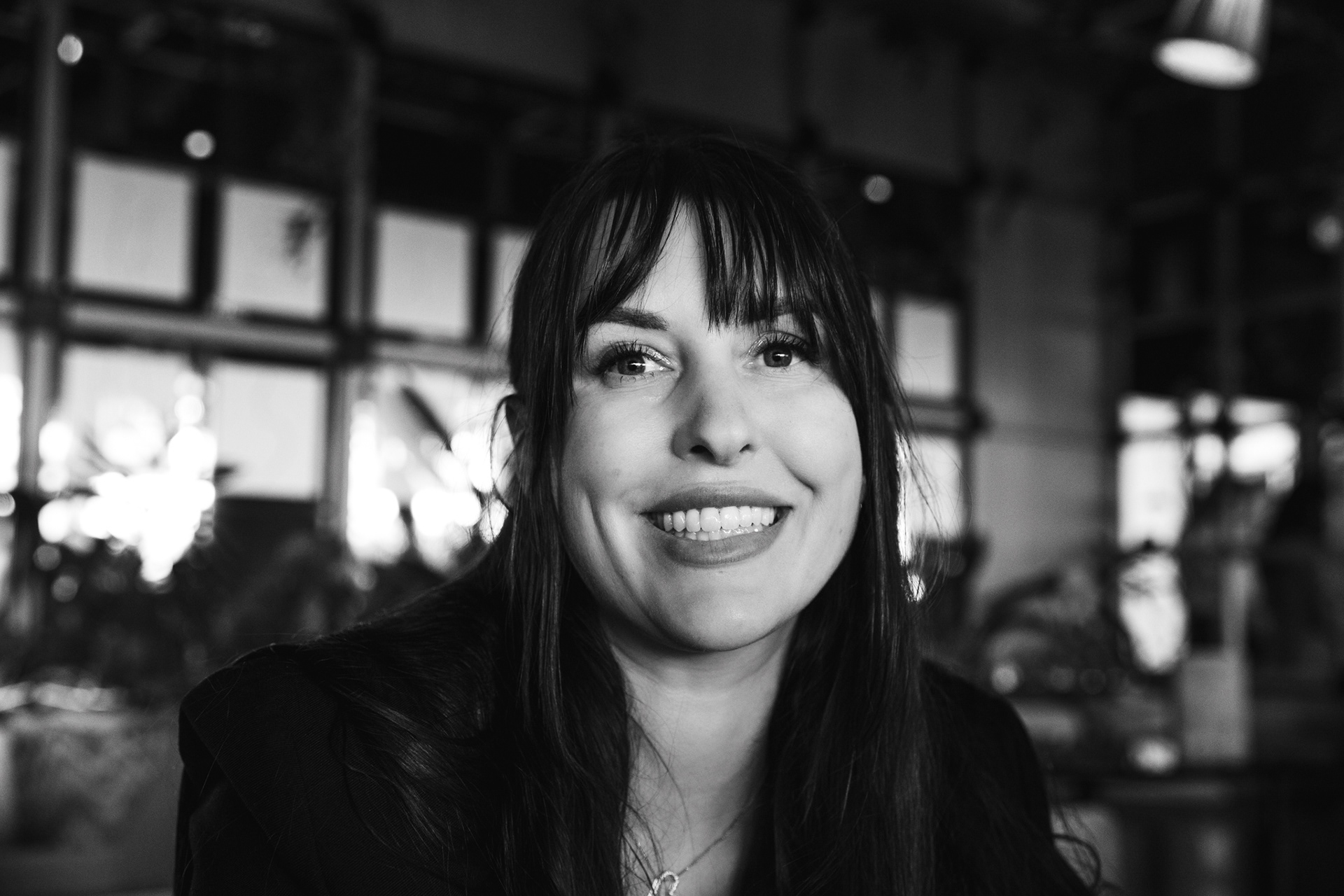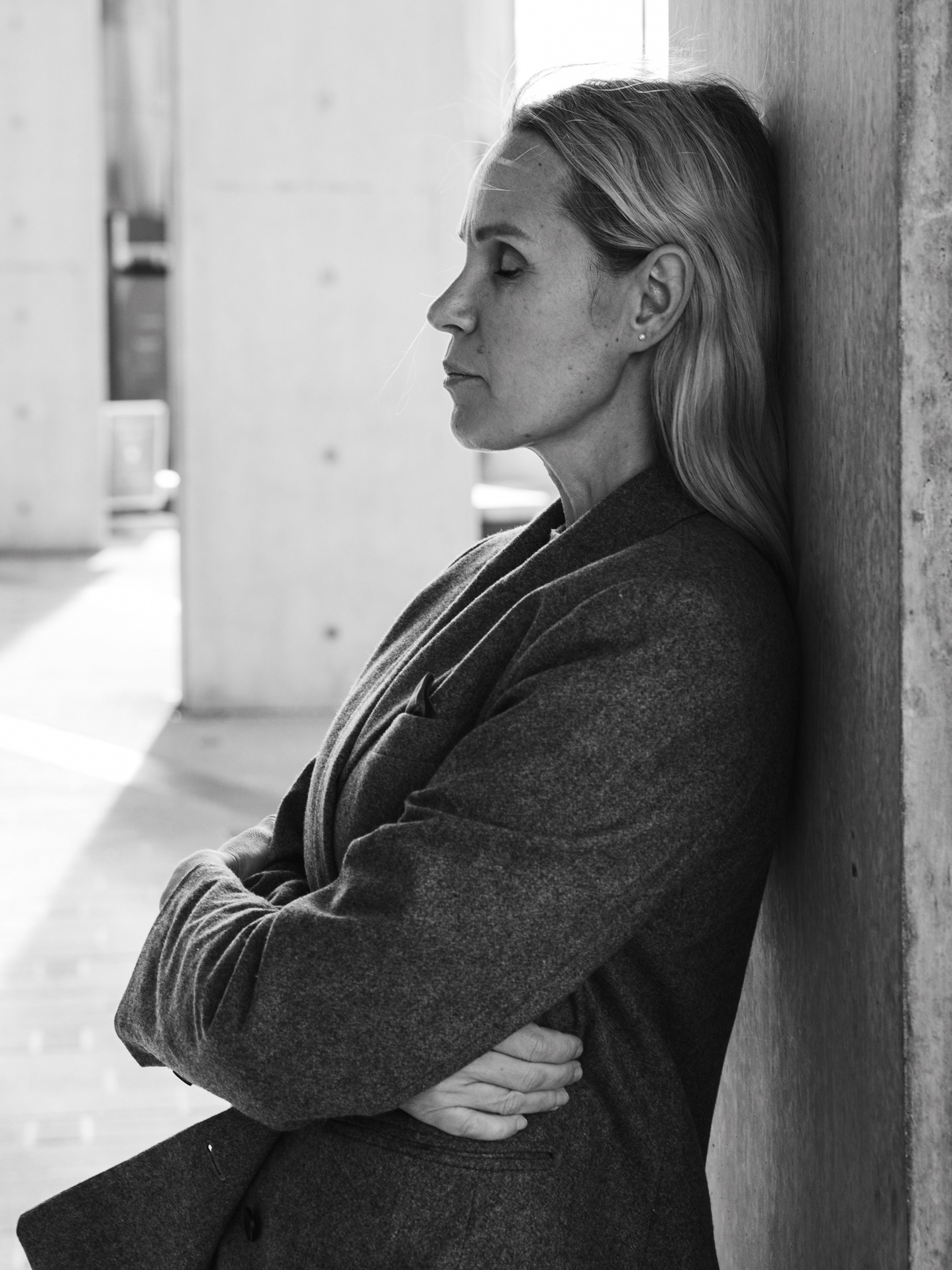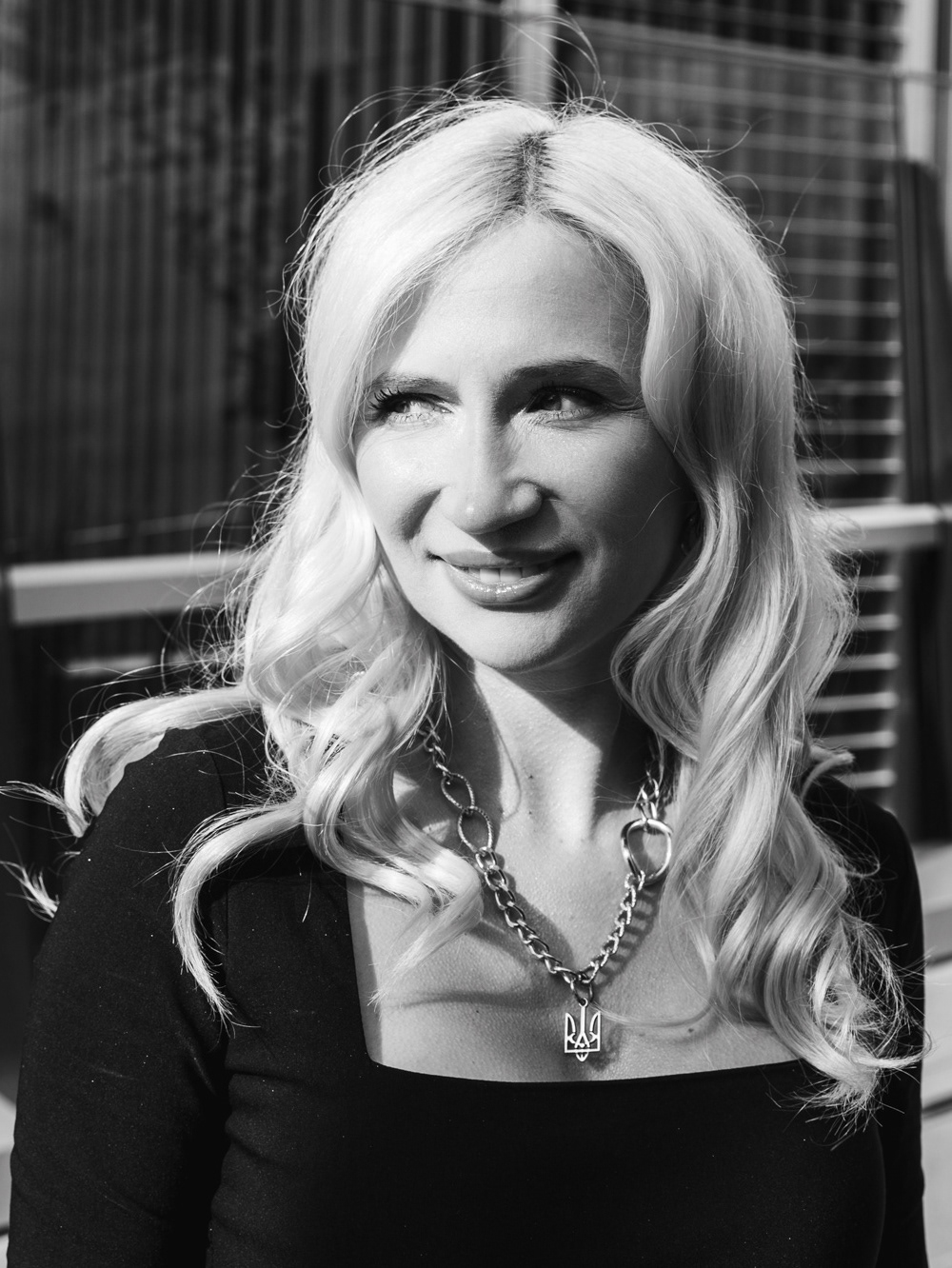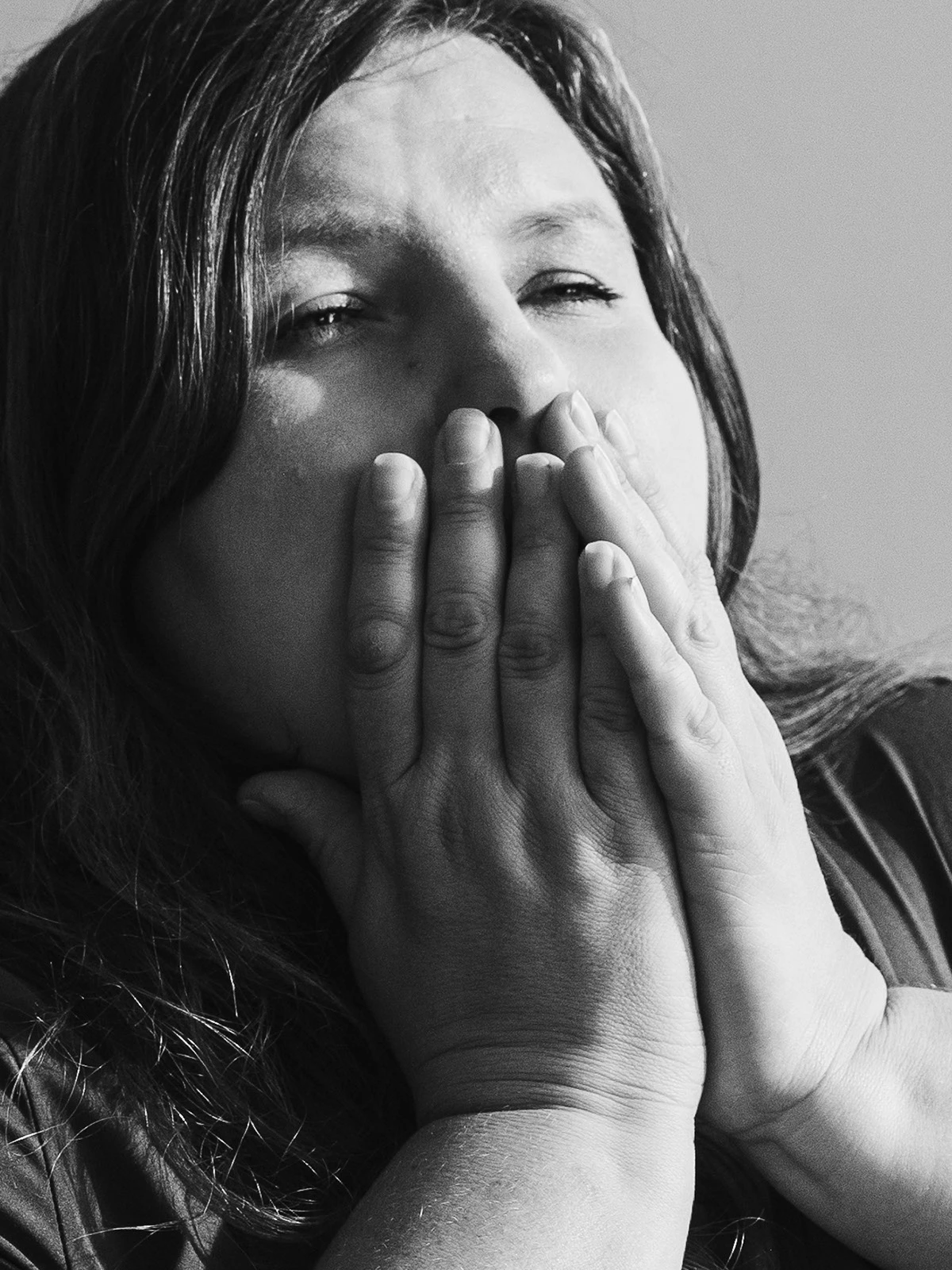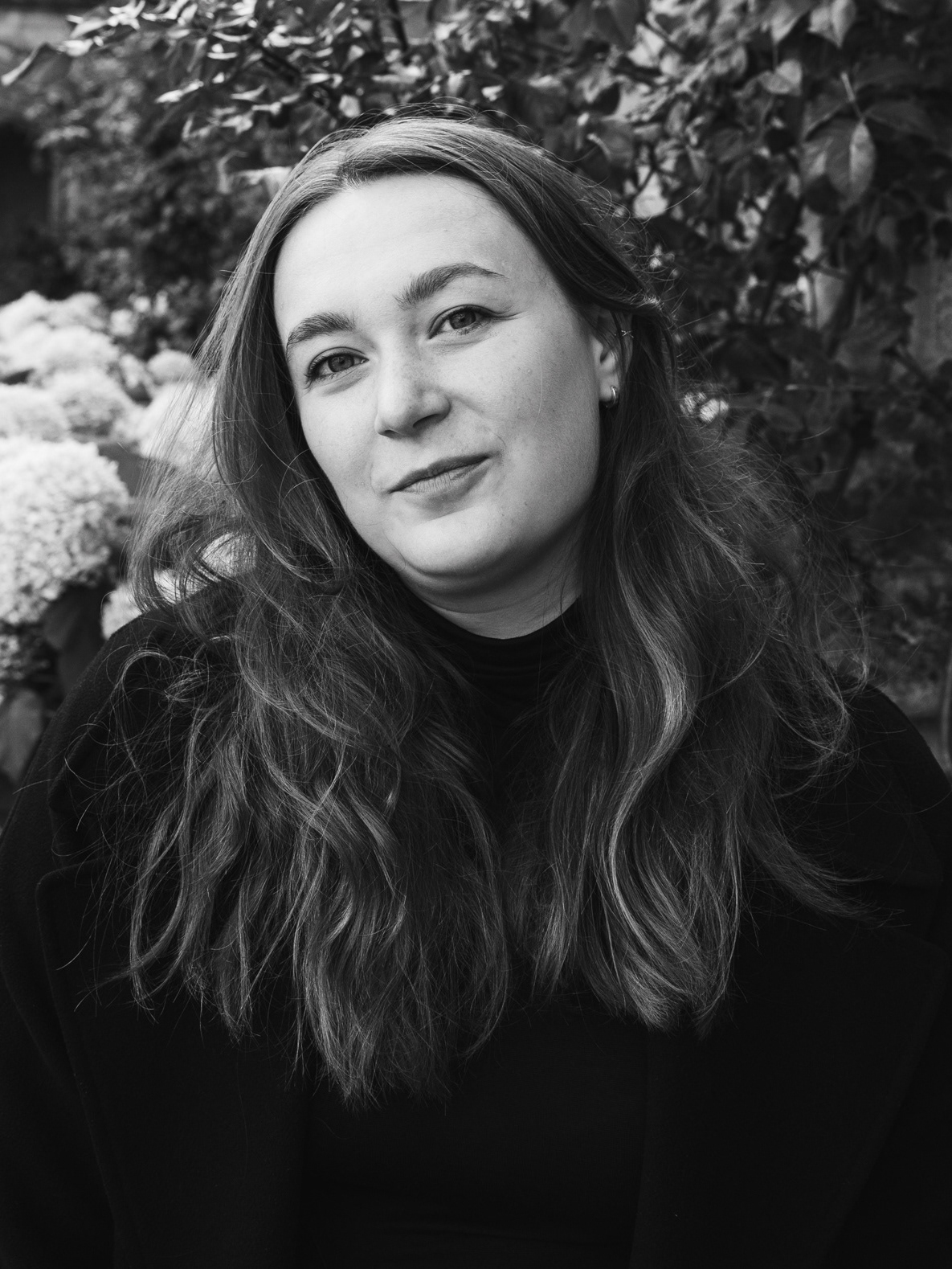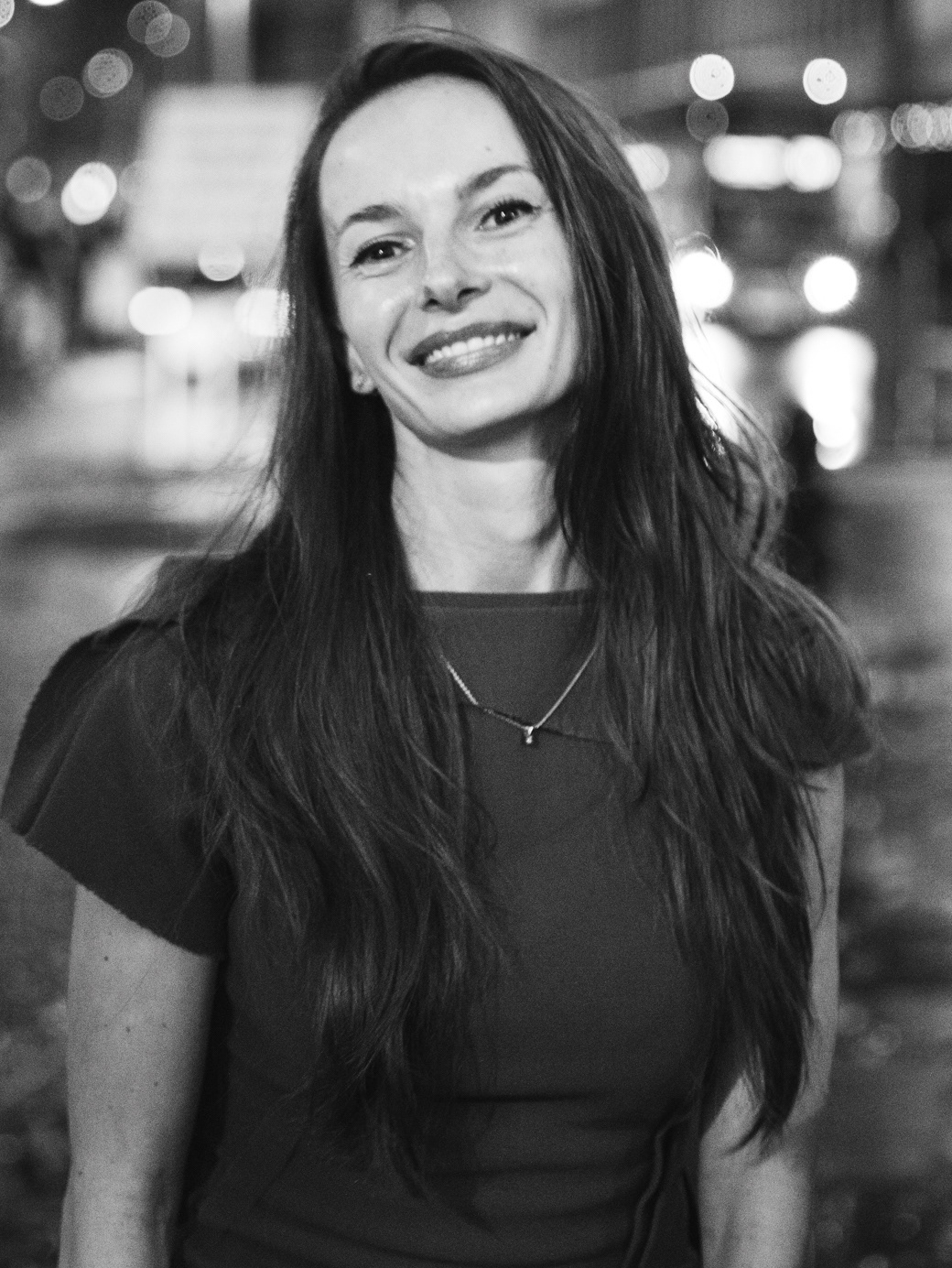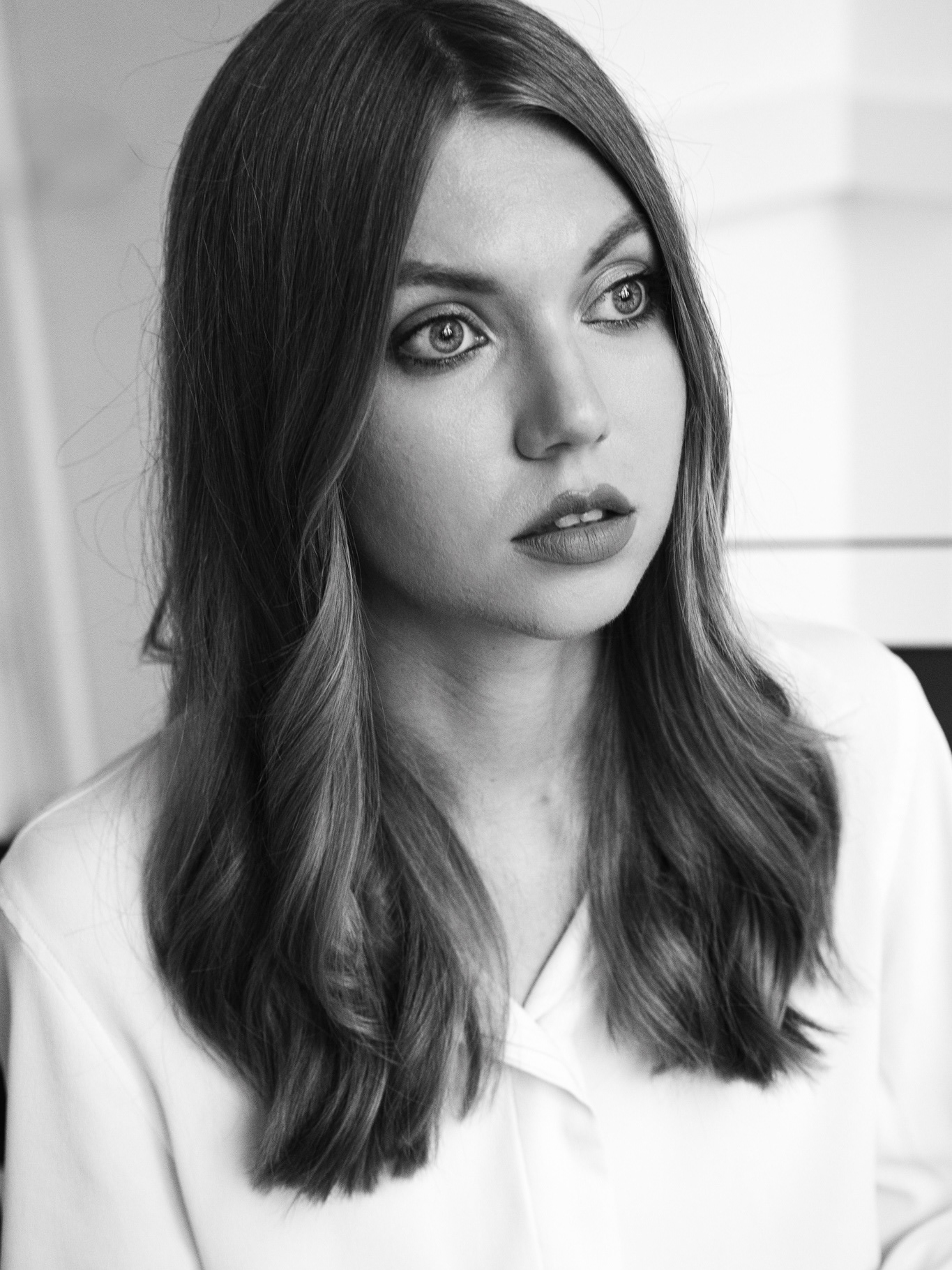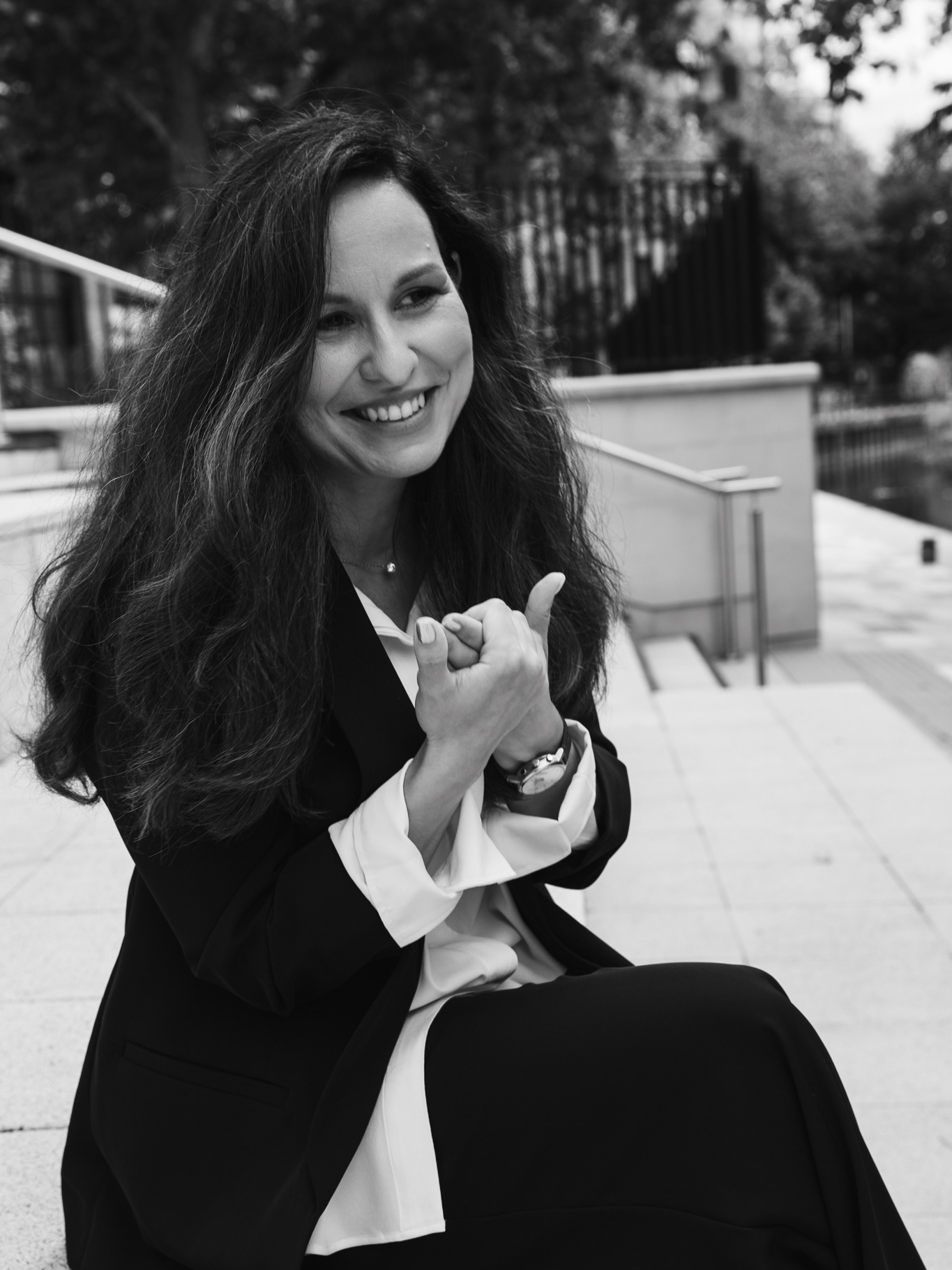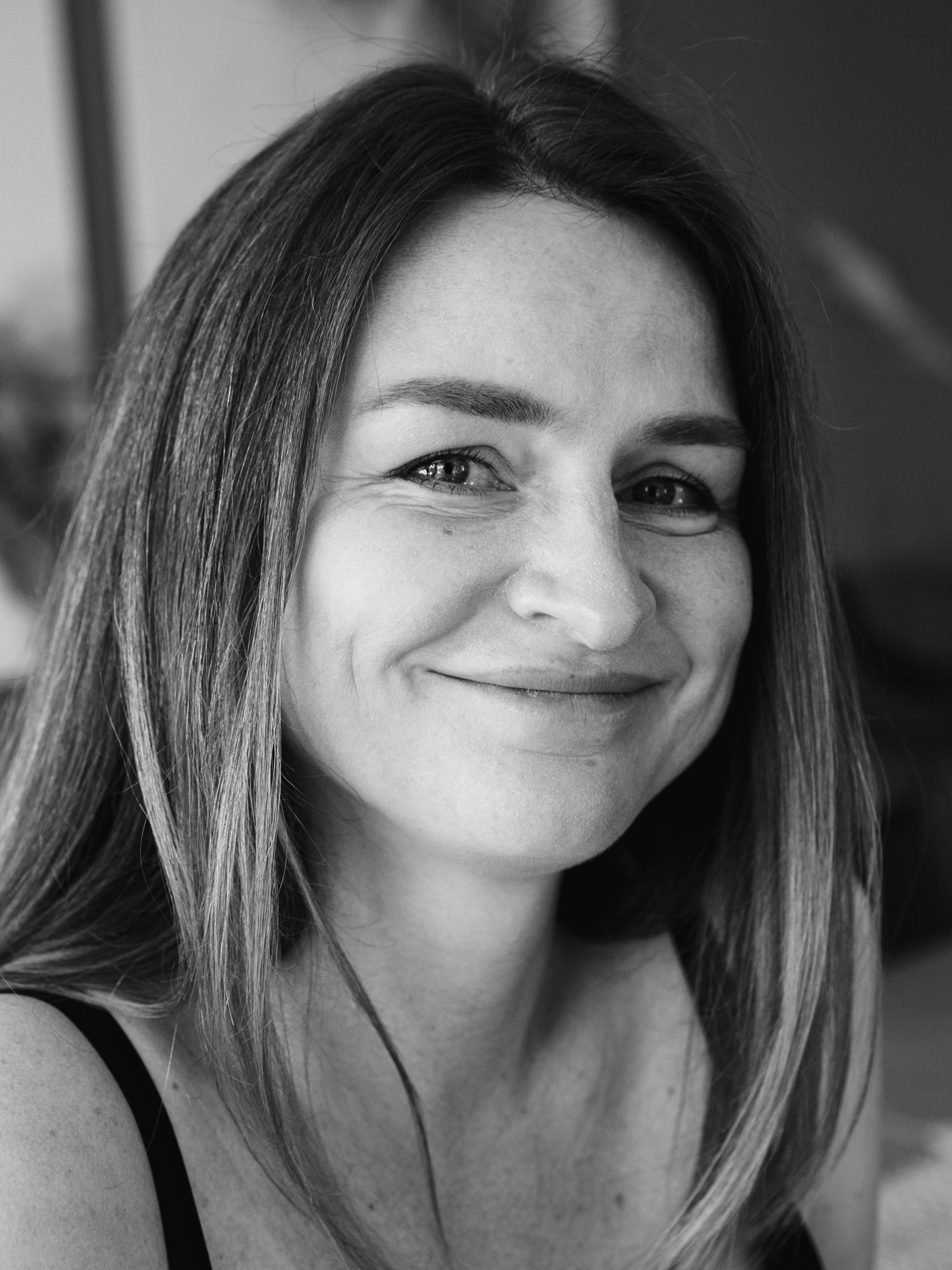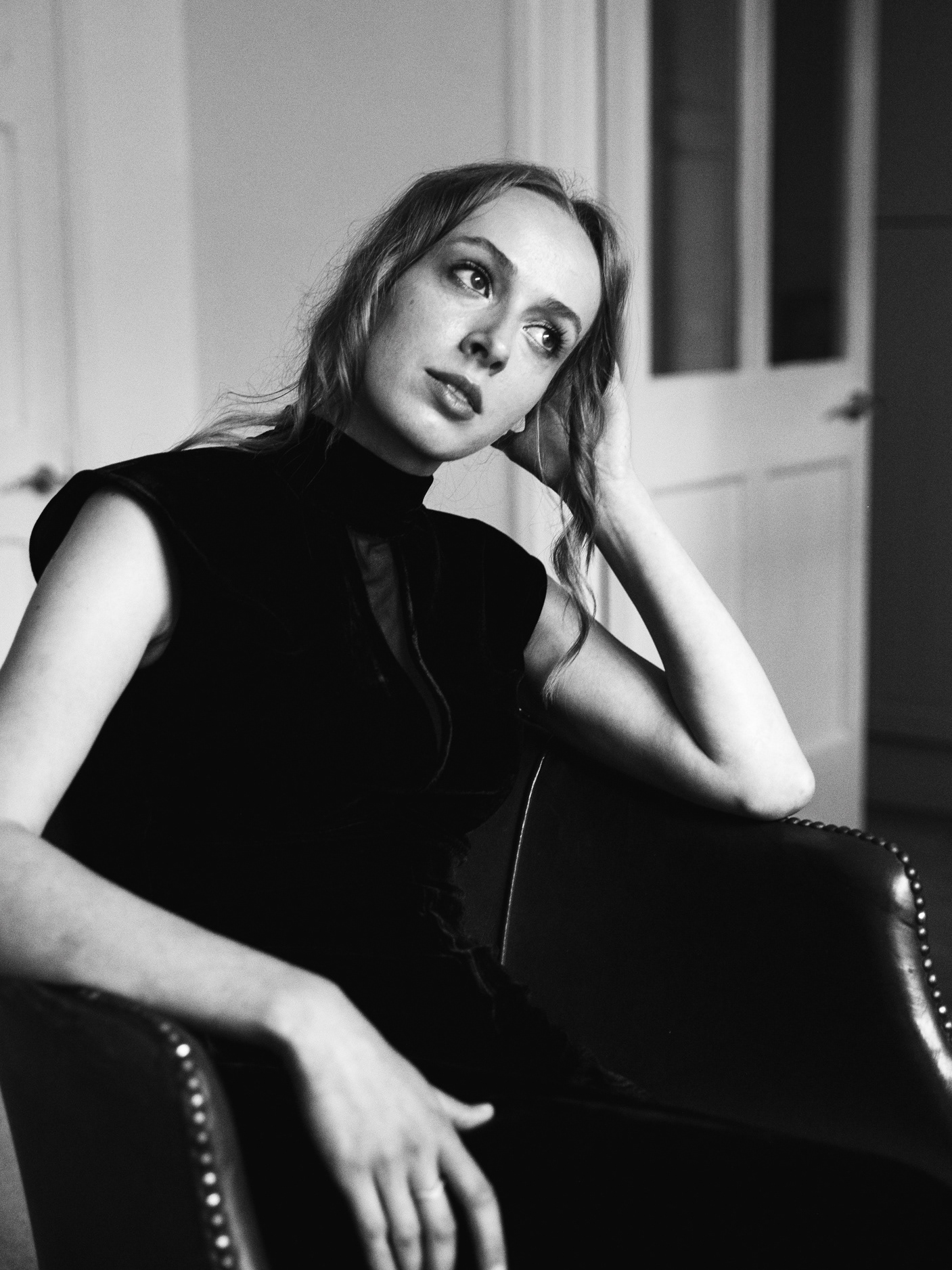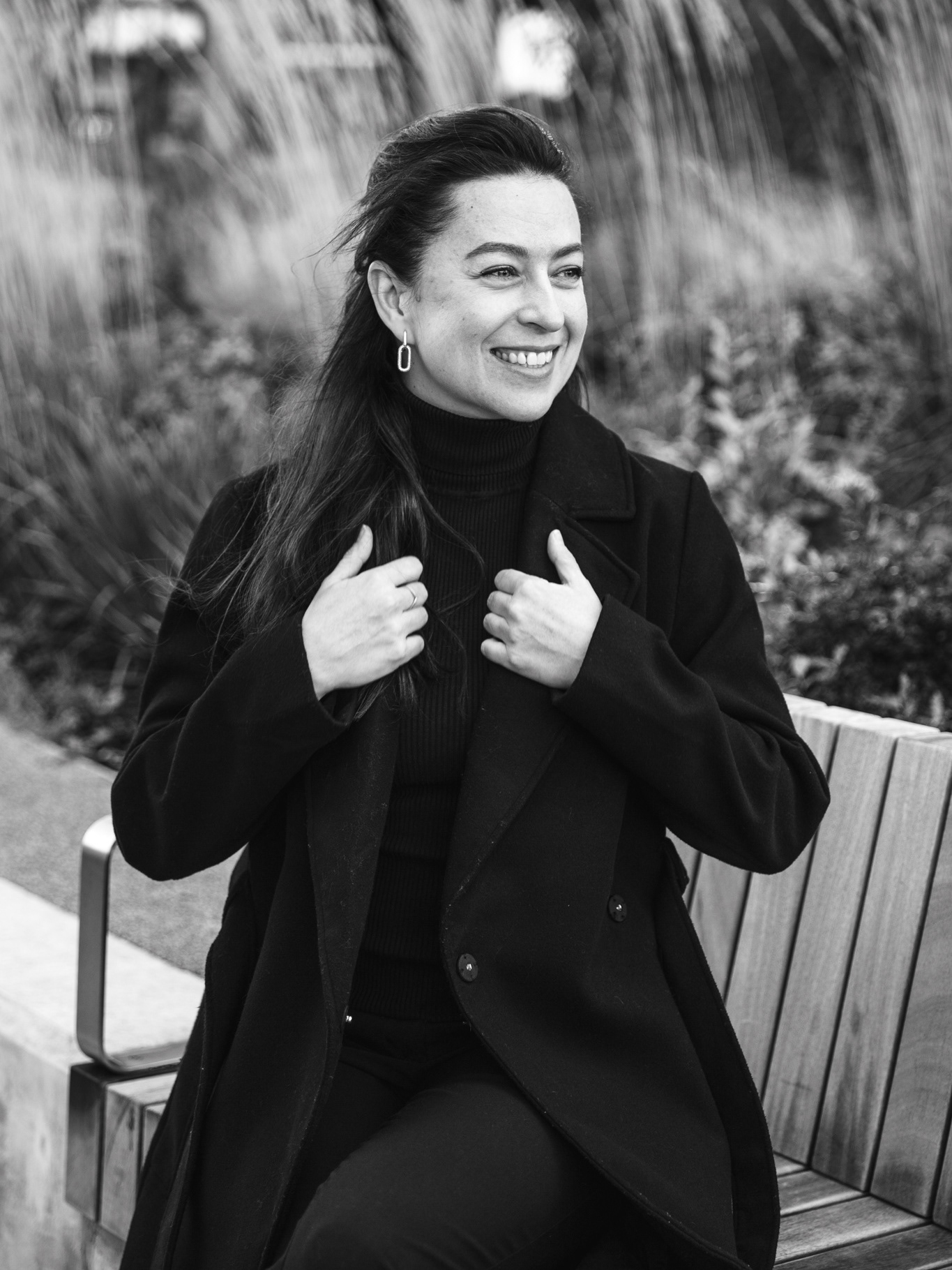Echoes of a Distant War
It all begins with a name. The one written in her passport belongs to the past—a fragment of a life she would rather leave behind. "My name is Kateryna Duzha. I really dislike the surname because it’s my ex-husband's; not my best choice, to put it mildly," she explains, a barely perceptible weariness in her voice. This formal identifier, like an anchor, tethers her to something that has long since lost its meaning. Her real name, the one she chose for herself and which thousands of people know, is Katya Ptashka. It is light, free, unburdened by the weight of others' decisions. But to change the paperwork in England, after navigating the circles of Ukrainian bureaucracy, is a mountain she is not yet ready to climb.
This struggle—between who the system sees her as and who she truly is—became the leitmotif of her life long before the world around her shattered into pieces.
On the eve of the full-scale invasion, in January 2022, Katya was already outside Ukraine. Along with her partner, Taras, and his colleague, she had moved to Ireland—their construction company had more work there. It wasn't an escape from war; it was a temporary work arrangement that, from the very beginning, proved psychologically difficult for her. "We moved right at the start of January... and I found it very hard there," she recalls. A sense of isolation and foreignness had already begun to envelop her.
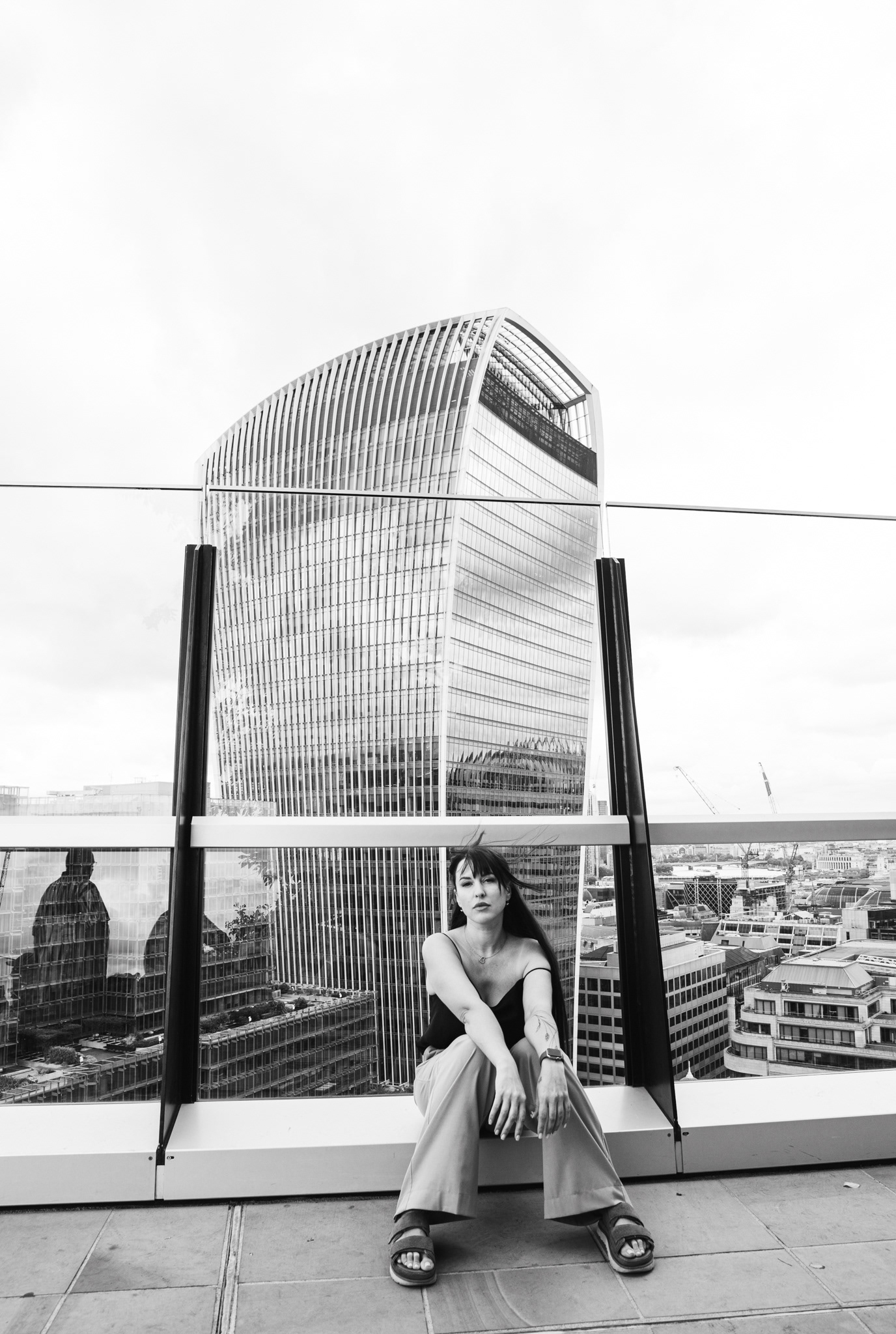
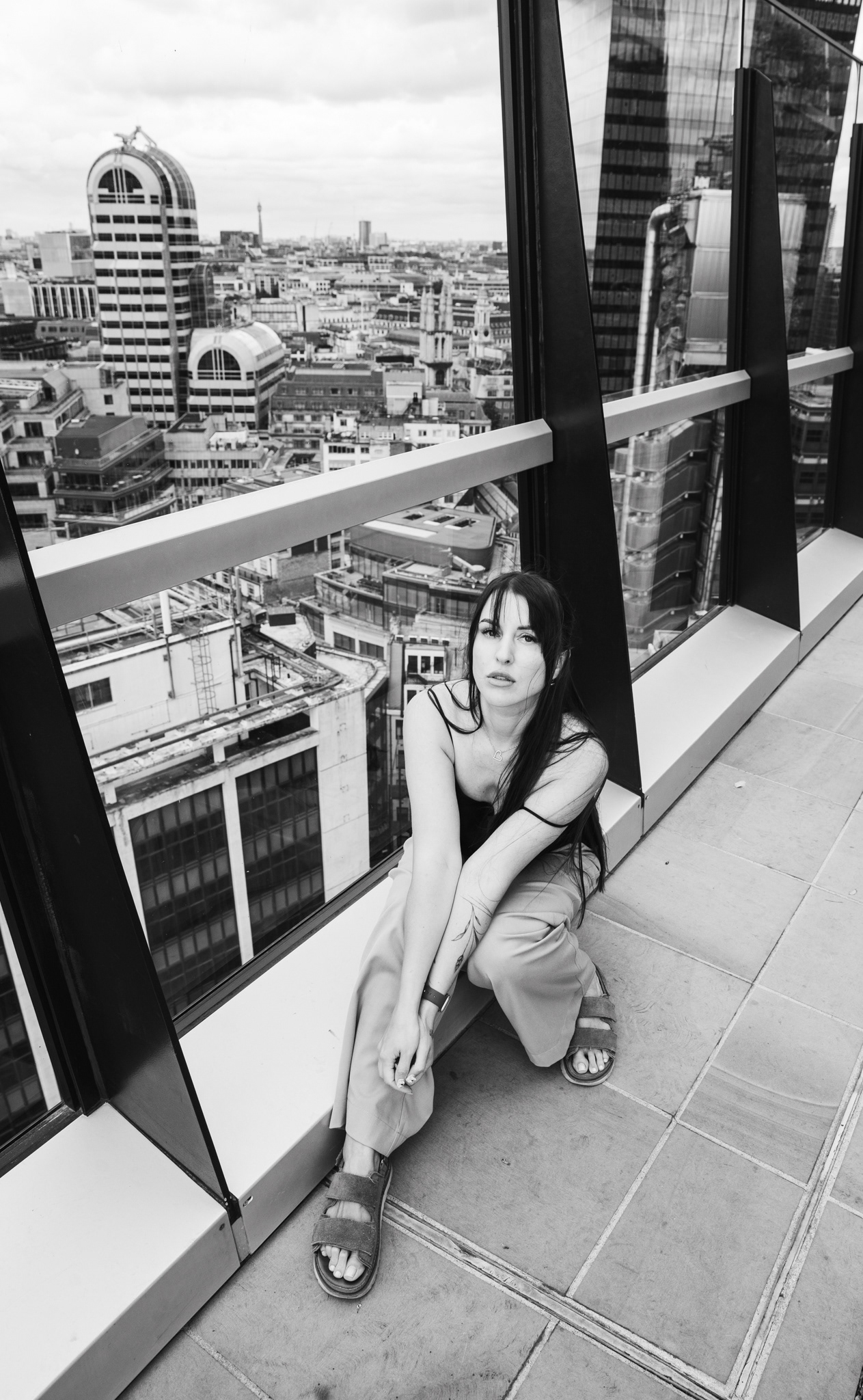
24th February. A hotel room in Ireland. Five in the morning. Katya woke up out of habit, at the same time as the men who were getting ready for work. Her hand mechanically reached for her phone, the screen flared with a cold light, and the world stopped. A single short message on Telegram from an Instagram friend: "Lviv, Kyiv, Kharkiv—missiles, explosions."
The words pierced her consciousness like shards of glass. This wasn't just a news headline; it was a verdict. In that moment, Katya felt detached from reality. She didn't hear the sirens, didn't run to a shelter. Her fear was silent, isolated, confined within the four walls of a hotel room thousands of kilometres from home. And it was this very distance that gave birth to a guilt that corroded her from the inside. "Sometimes I'm ashamed to talk about what I went through, because I wasn't under the explosions, I didn't hear it with my own ears," she admits.
Her partner, ever the optimist, tried to calm her, sincerely believing that "the world won't allow this," that "the troops will be withdrawn by Saturday." But the television screamed a different story. The screen showed burning buildings, shattered lives, familiar cities turned to ruins. When she went outside, the dissonance became almost physically unbearable. Ireland was living its normal life. People were laughing, walking with their children, drinking coffee. Their world hadn't changed. Hers was destroyed. "I was so angry at the Irish people who just carried on laughing," she remembers. This anger was a protective reaction to an all-consuming helplessness. She was a Ukrainian whose home was being bombed, but at the same time, she was here, in safety, cut off from the shared pain. This alienation was as sharp as a blade.
The tragedy exposed an old wound—a sense of her own rootlessness. "I don't really have roots in Ukraine. I don't have that feeling of home. There's no place I consider home, where I'd want to return... The war highlighted that I can't go back there, as it were, and here I am... I'm just suspended in this state." She didn't belong to those fleeing the explosions, nor did she belong to those who could calmly live on. She was suspended between worlds, in a vacuum of guilt and fear.
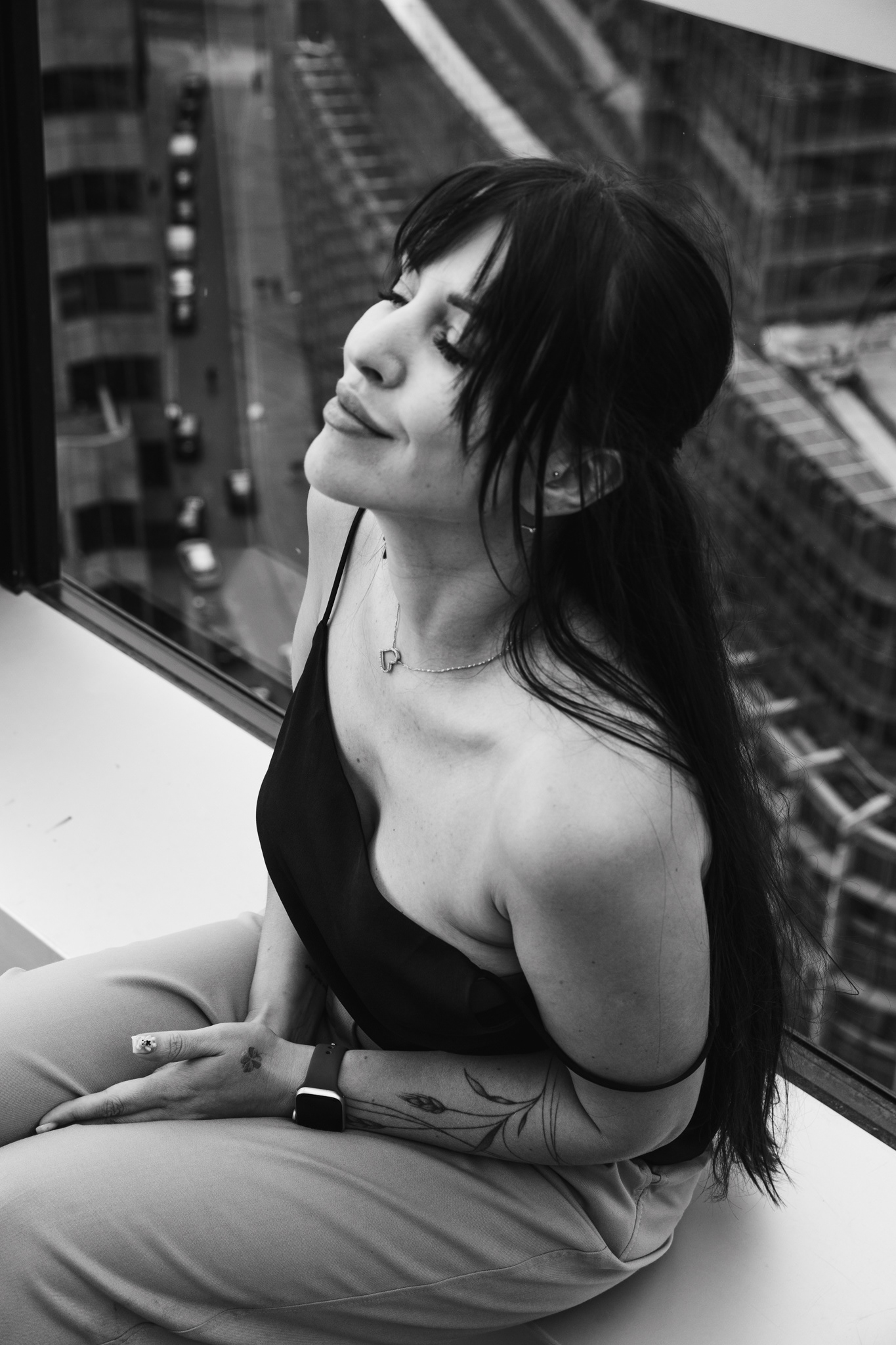
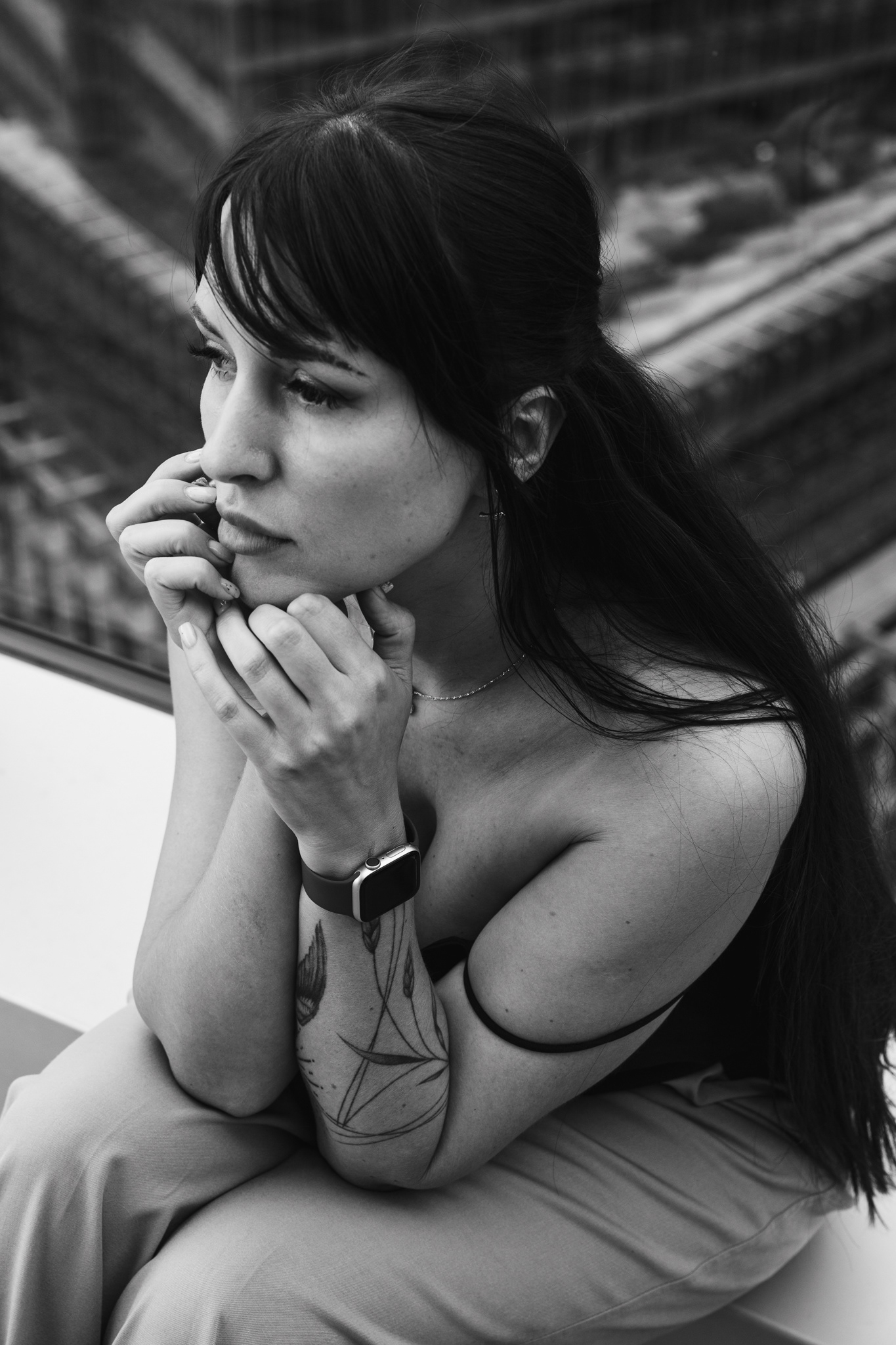
The Emerald Isle of Solidarity
While Katya was experiencing her private tragedy in the silence of her hotel room, Ireland, which she hated in that moment of despair, was in fact waking up. Perhaps the historical memory of a nation that had itself fought an empire for centuries and survived the Great Famine resonated with Ukraine's pain. "They were also under an empire. They had their Famine. They helped so much, especially at the beginning," Katya says, analysing this phenomenon later.
The response from the Irish government and society was immediate and unprecedented. Ireland was one of the first countries to waive visa requirements for Ukrainians. Airports turned into reception centres where refugees were issued documents and assigned to temporary shelters. When the hotels, fully paid for by the state, ran out, people were housed in schools and churches, and camps were set up on cruise liners.
But the most astonishing thing was the reaction of ordinary people. "So many Irish people gave up their homes," Katya recounts. The government introduced special payments for those hosting Ukrainians, but it wasn't just about the money. It was a genuine impulse to help. "When Ukrainians arrived, they were put up in hotels. And there, the hosts would try... They learned to cook Ukrainian borscht. They gave different gifts. They took them on trips to try and distract the refugees."
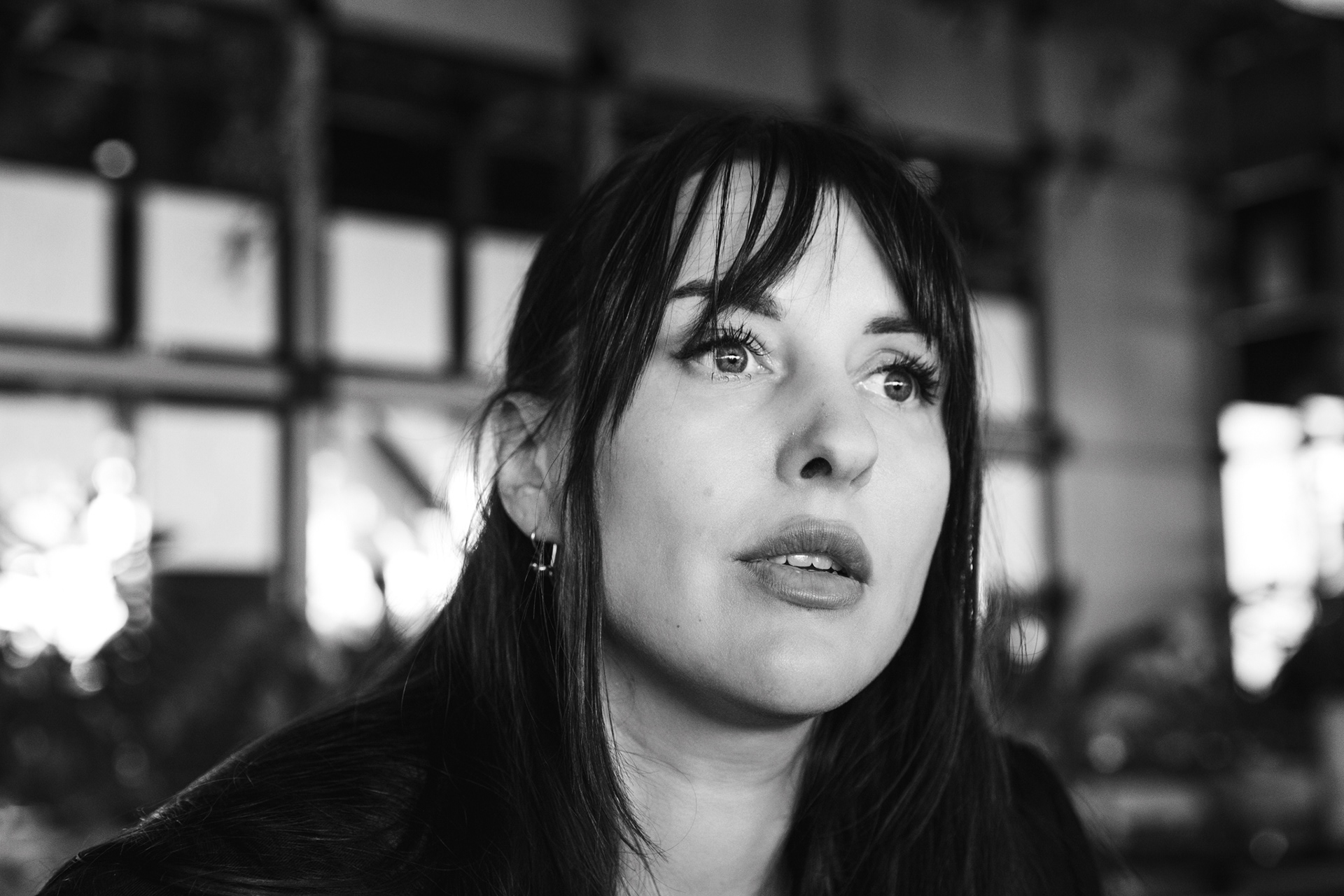
This wave of solidarity touched her own family. Her partner Taras, who had better English, became a volunteer. "He went to the airport to help with translation." They saw it with their own eyes: Irish families taking in Ukrainian families with autistic children, providing them with "a simply gorgeous home, for which they pay nothing," helping them with work and school.
Katya recalls another story that illustrates this incredible empathy. When her partner and his brother were living in an Irishman's house, he invited them for dinner with his mother. During the conversation, the brother casually mentioned they needed a microwave. They went home, and at 11 o'clock at night, the very same elderly Irish mother arrived with her daughter, holding a brand new microwave they had just bought. Simply so the boys would feel more comfortable, more at home.
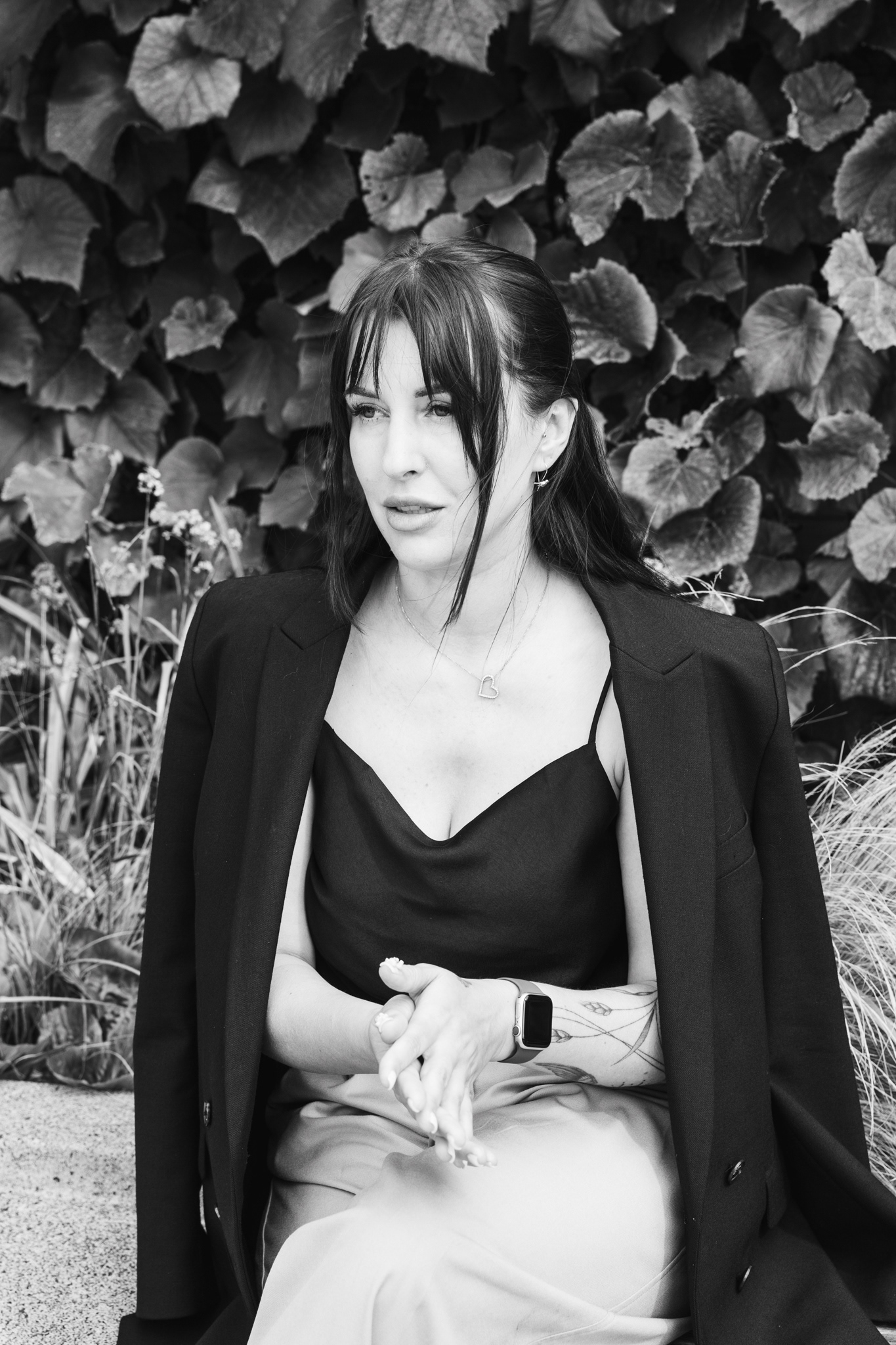
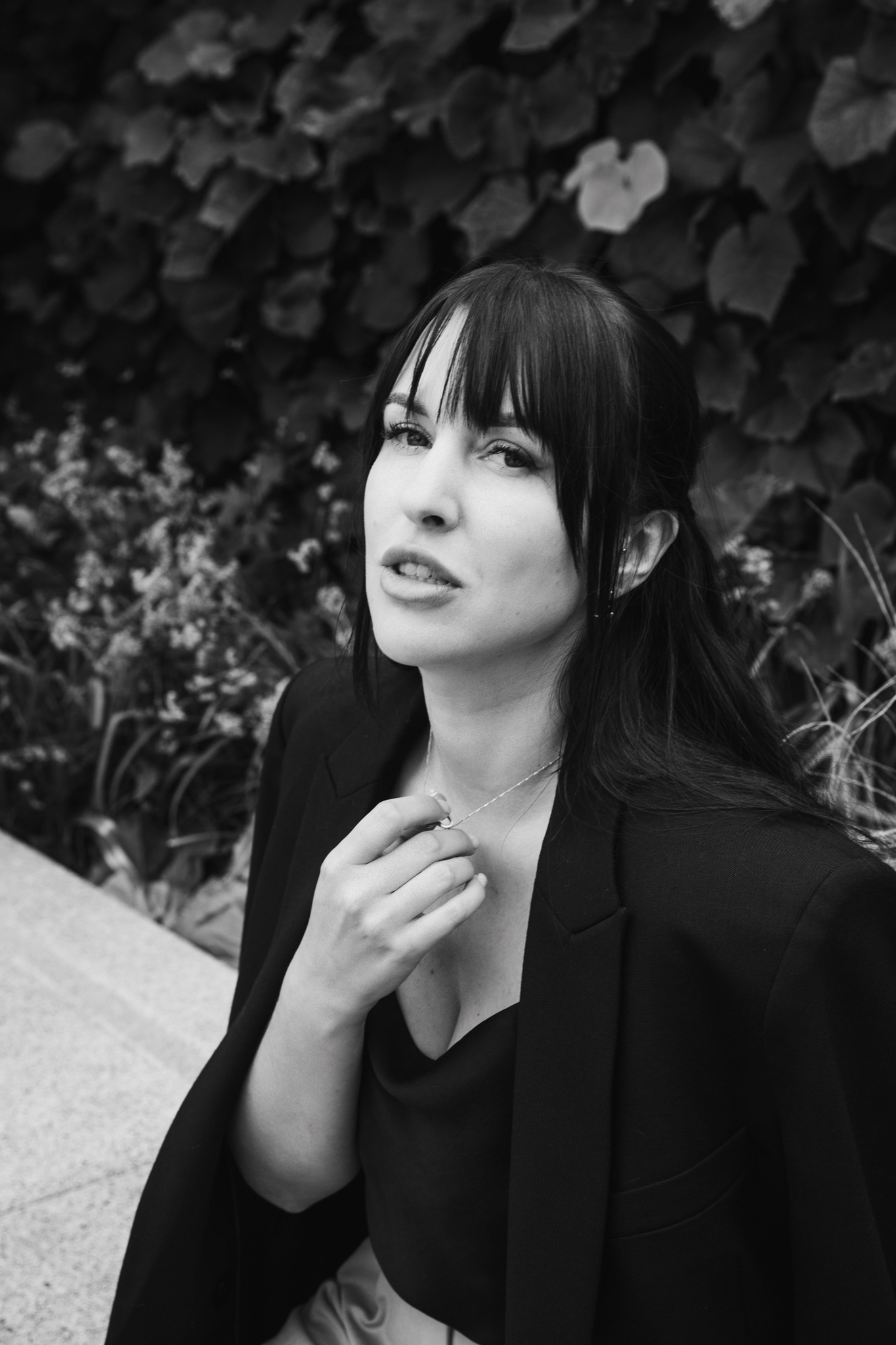
A Mosaic of Identity
War forces you to choose a side. Not just geopolitically, but internally. For Katya, a Russian-speaking girl from Lviv, this choice was particularly painful and necessary. Her childhood was a kaleidoscope of cities and cultures, where her Ukrainian identity was not clearly defined. She had lived in Kharkiv, attended a Russian-language school there, and skipped lessons to hang out at the Barabashova market. "For me, Kharkiv was... My dad studied at the KhPI [Kharkiv Polytechnic Institute]; he idolised Kharkiv." When she saw footage of a bombed-out Saltivka, the pain was personal, as if a part of herself was being erased.
Her past, like that of millions of Ukrainians, was permeated with Russian cultural products. "Because for me, 'good Russians' existed," she says of her worldview before the 24th of February. She watched Ksenia Sobchak, argued about Yuri Dud, believing that culture could exist separately from politics.
The full-scale invasion was the explosion that shattered this illusion. "After the full-scale invasion, there was an explosion," is how she describes her ideological transformation. The process was swift and radical. A voracious consumption of Ukrainian content, analyses, and history lectures—all of this was not just a matter of interest, but a vital necessity. "I would travel for three hours on a bus across Ireland, listening only to whatever Ukrainian content was emerging." It was an attempt to build the fortress inside herself that she lacked on the outside.
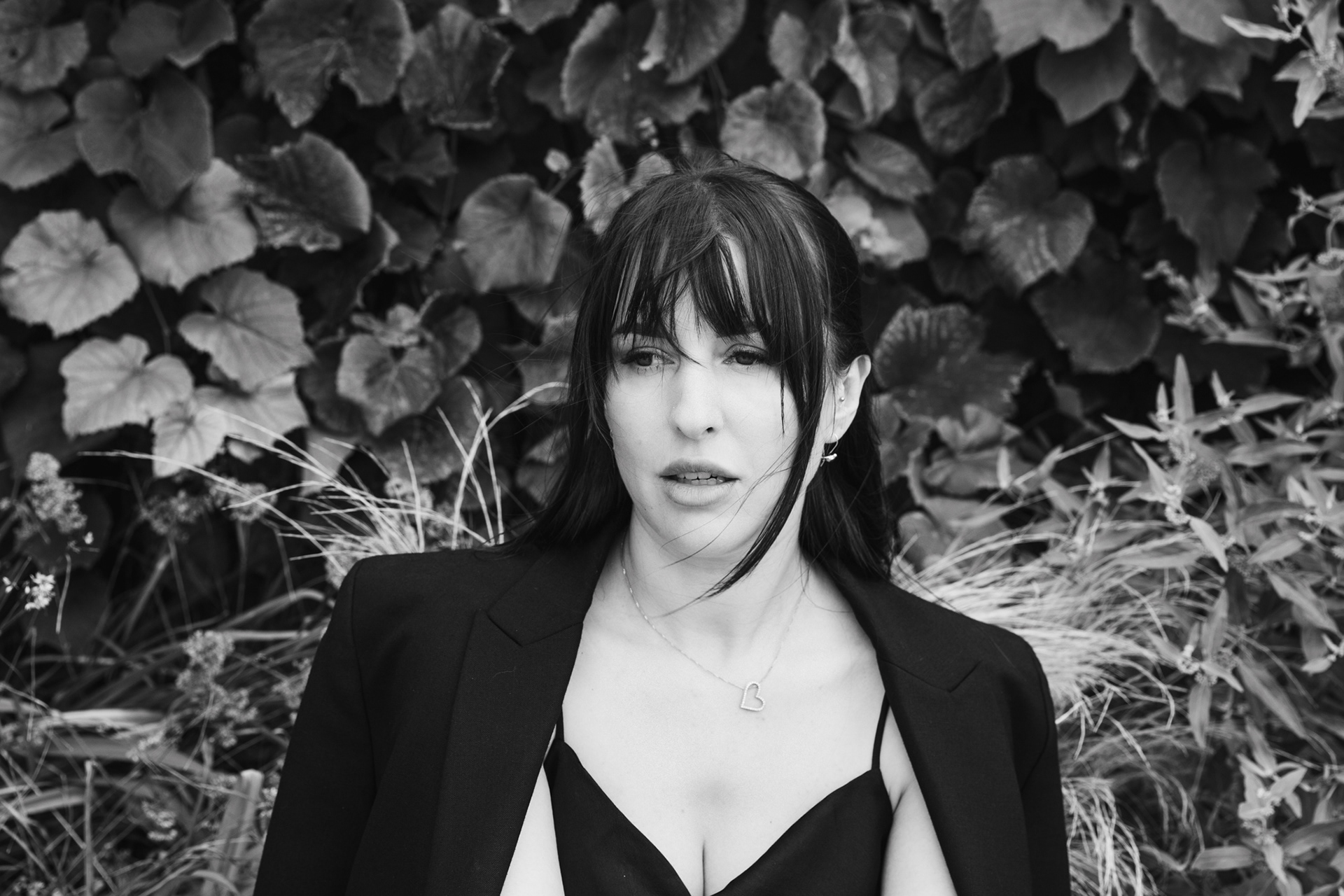
Hell Within
Returning to England did not bring relief. Ireland remained a place of pain in her memory, but England also greeted her with emptiness. Her partner stayed behind, working between the two countries, and Katya found herself alone with her demons. Survivor's guilt compounded old traumas, and she began to drown.
"I started drinking heavily. I began to drink a lot of wine. I was numbing these emotions with food and drink. I put on a lot of weight. I was severely depressed." The days blurred into one endless ritual of self-destruction. Growing tomatoes in the garden, cheap "two for the price of one" wine, and a loneliness that clawed at the walls. Alcohol became the crutch that allowed her to get through to the evening, only to wake up the next morning with an even deeper self-loathing. It was a vicious circle of despair. "By the time I sought help, it was two bottles of wine a day. And other drinks on top of that. It had become a very serious problem."
She describes this state with brutal honesty: "I was sick of living like that. I was sick of how, after my evening sessions, the next day I could only see the negatives in life. I saw no way out; I felt like the most miserable person, that I had no luck, that fate was so cruel to me. And then in the evening, I'd drink again to forget about it."
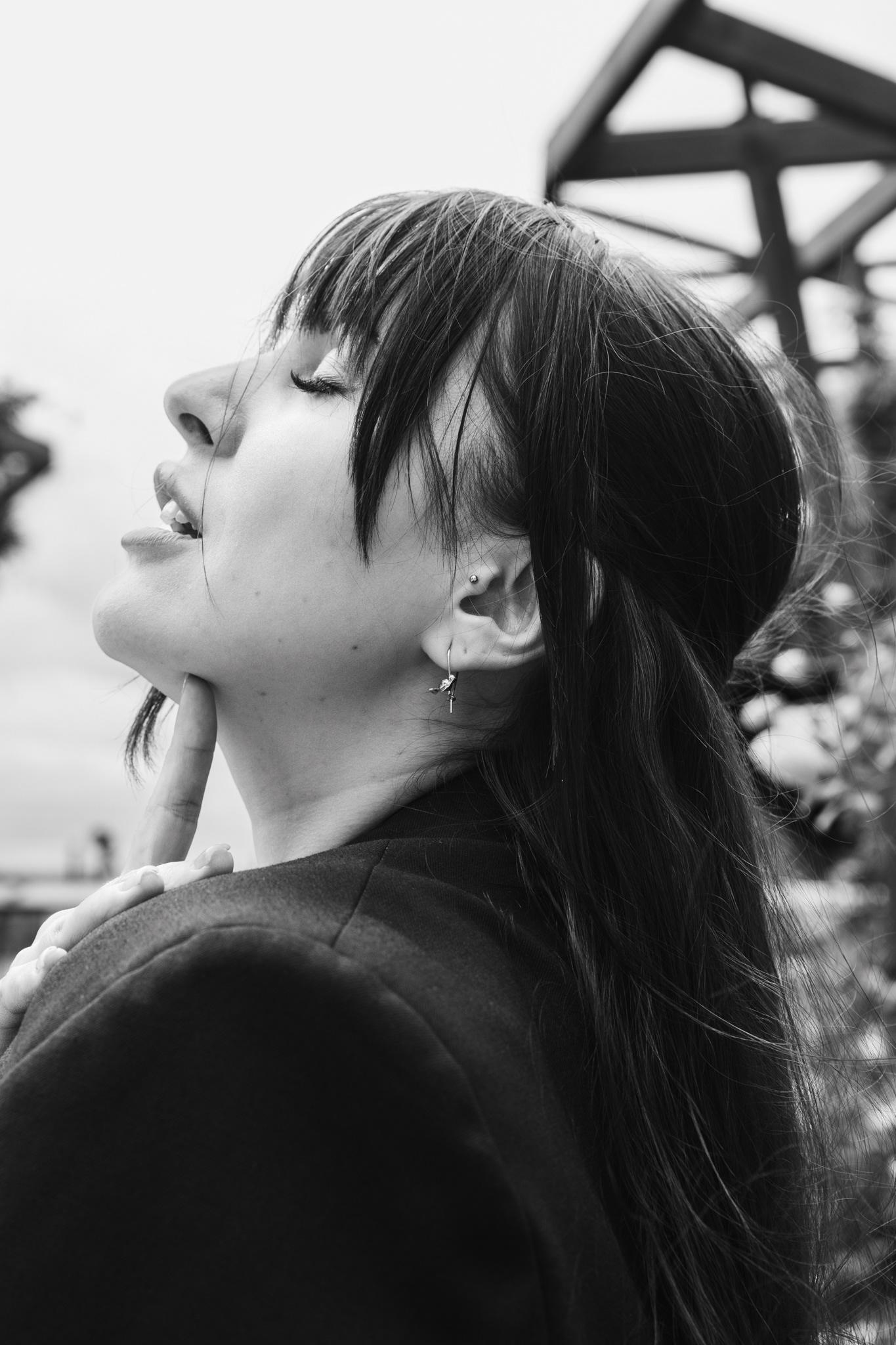
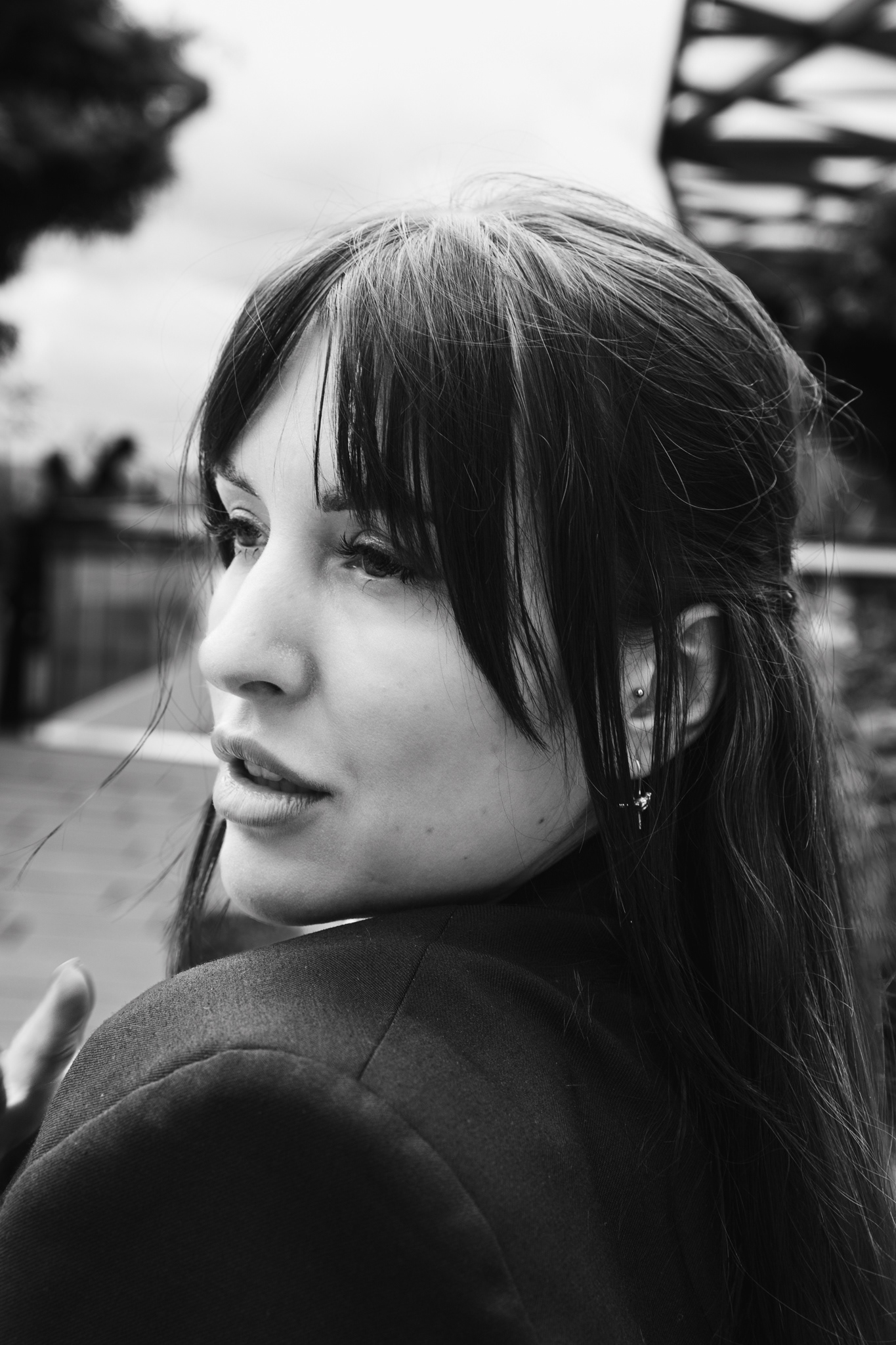
This was nothing new. The pain had only intensified what was already there. "Even before England, I had problems with alcohol and soft drugs. Because I was constantly trying to fill this hole inside me." Her struggle was complicated by a diagnosis: Borderline Personality Disorder. It's a condition she aptly describes as the life of a "person without skin," where every emotion is overwhelming. Any contact with the world—be it joy or pain—is felt ten times more intensely. The war had only exacerbated what had been hurting inside for years.
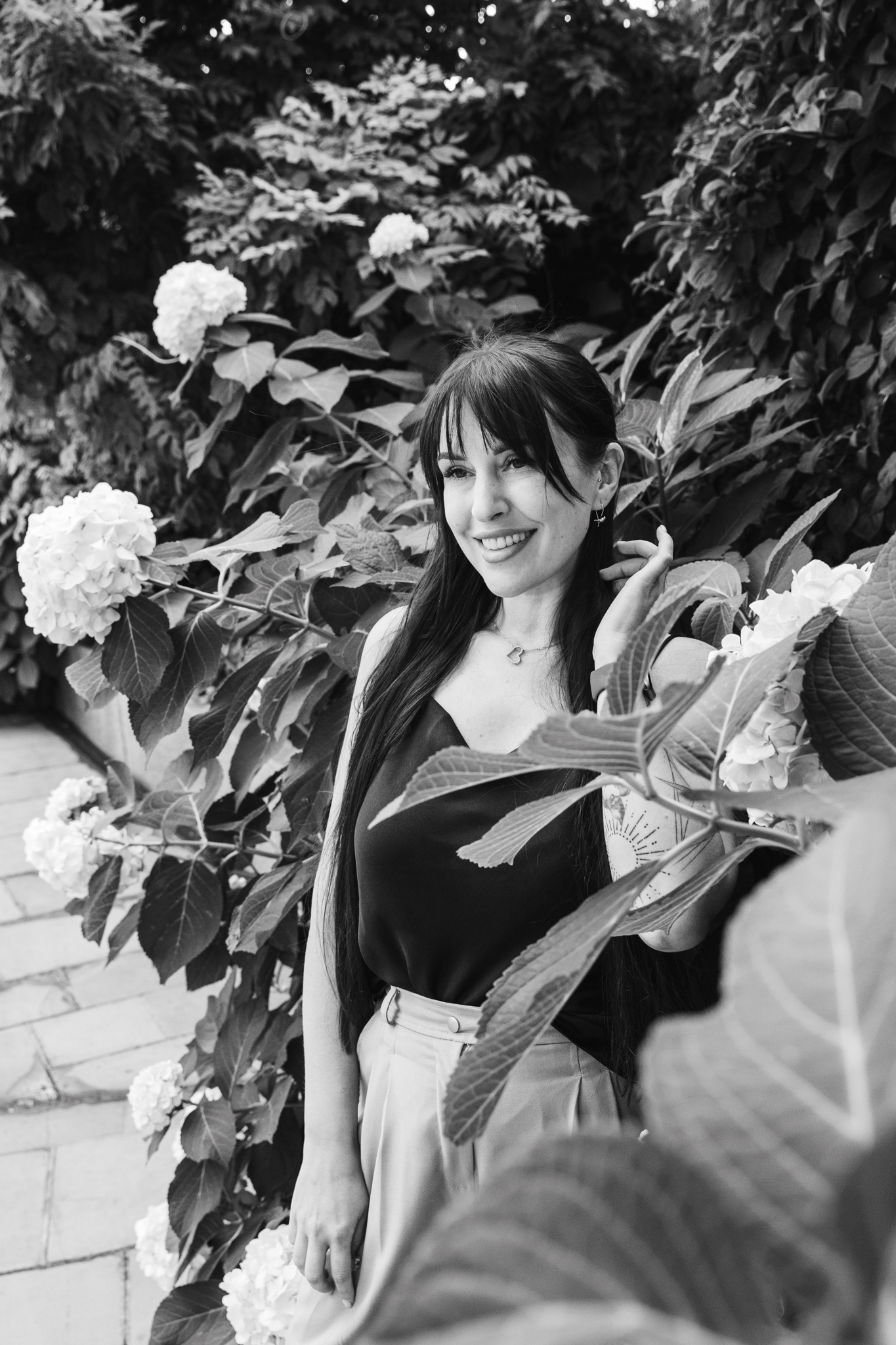
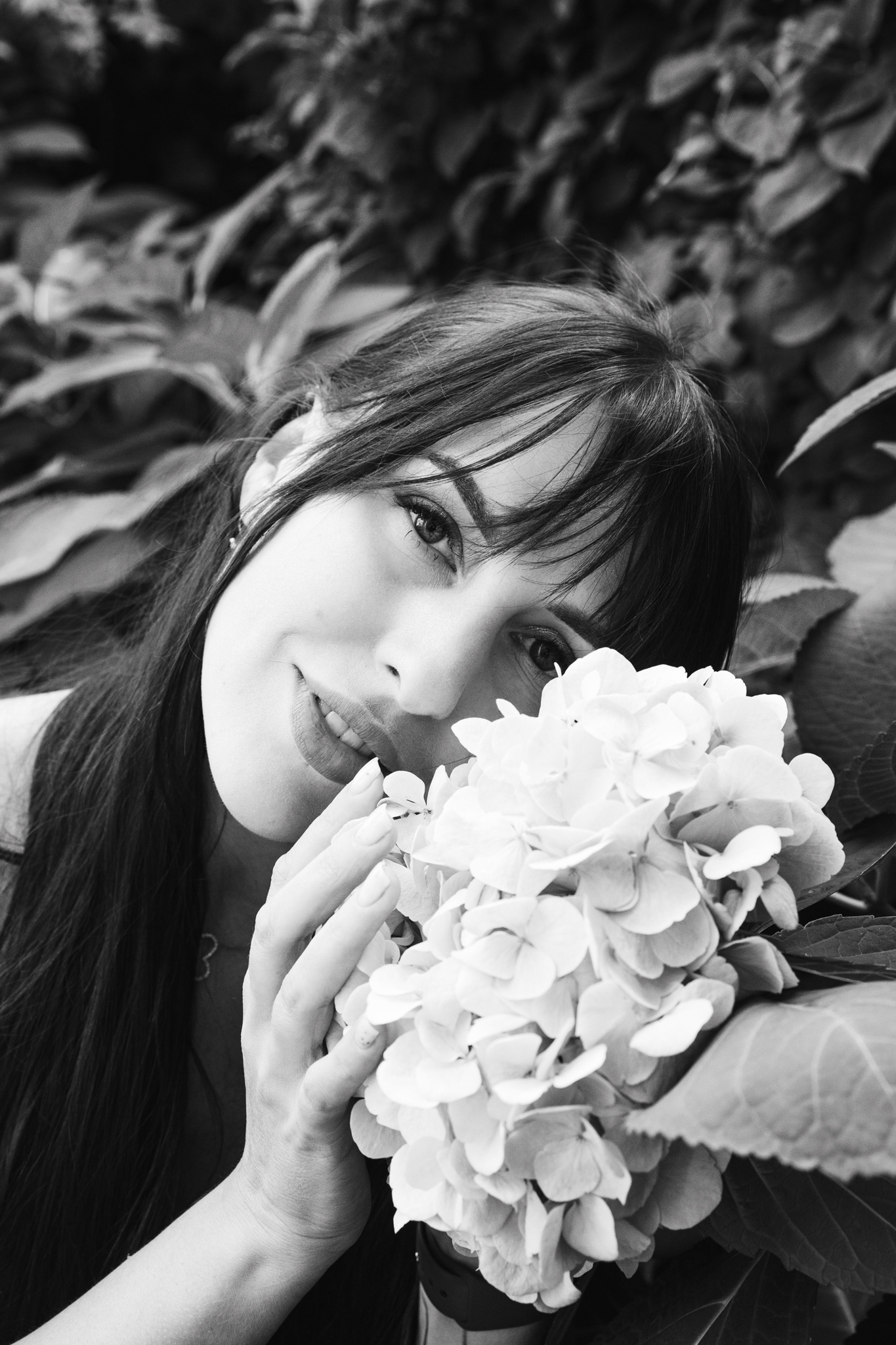
The Anchor and the Waves
The decision came suddenly, but it was final. At the border, returning with Taras from Ireland, she said: "That's it, I'm stopping drinking." And she did. It wasn't a miracle. It was a conscious, daily, gruelling choice. She clung to psychotherapy like a drowning person to a life raft. And she turned to doctors.
The fear of antidepressants, of "chemicals," was immense. But it was her psychotherapist who gave her a metaphor that changed everything. "Imagine you're learning to surf. Food and proper nutrition give you the strength to stand on the board. Psychotherapy is your coach, who offers you a shoulder and gives you tips on how to handle yourself. And the antidepressant, it makes the waves in the ocean smaller, so your anxiety subsides. It makes it easier for you, because for a novice, learning to surf in a rough sea—well, that's not an option."
This image finally brought her peace. She wasn't weak. She was simply learning to surf in a storm, and she needed help to calm the waves. The path wasn't easy. The first medication prescribed in England eventually stopped working. The second, from a Ukrainian psychiatrist, caused a difficult adjustment period. But she endured.
Freedom from alcohol addiction was not a panacea. The demons simply changed their faces. Wine was replaced by food. But her approach had changed. Instead of self-flagellation, there was dialogue. "I approach myself like a loving friend. And I just say, 'We'll take care of this.'" She allowed herself "sloth days," but with the understanding that "if I take one step back today, then tomorrow I'll take two steps forward, and I'll still be one step ahead, one step better than the me of yesterday."
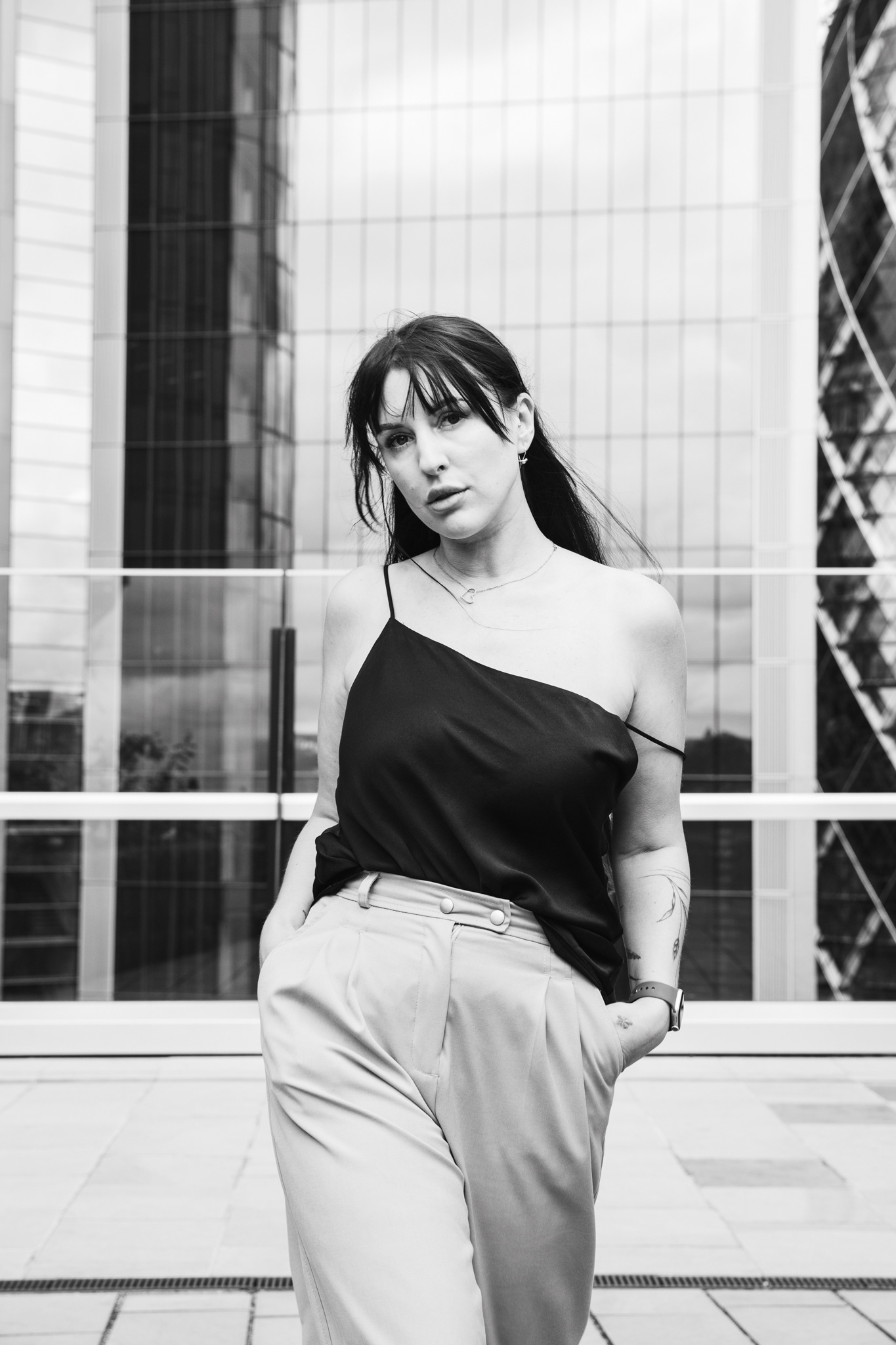
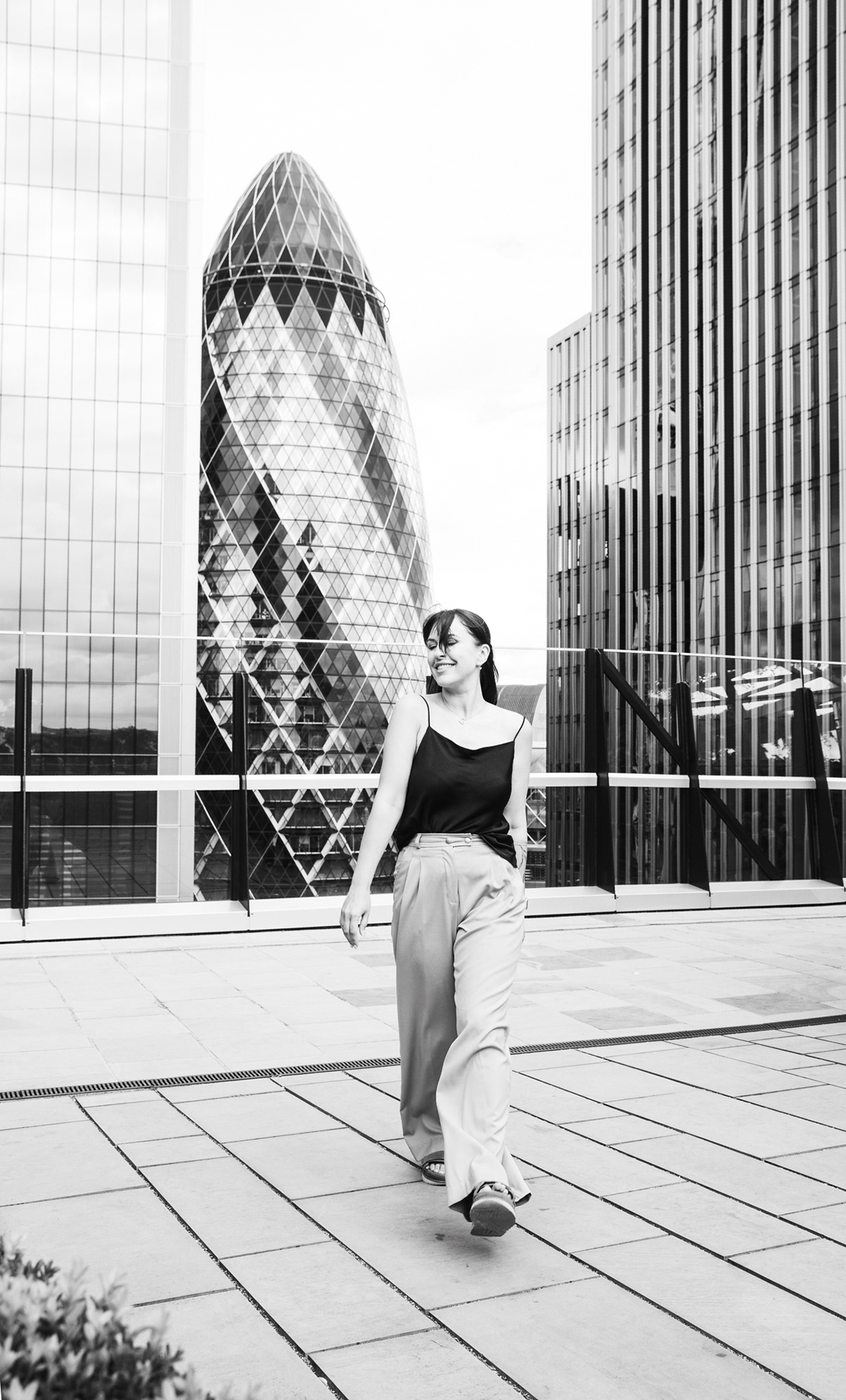
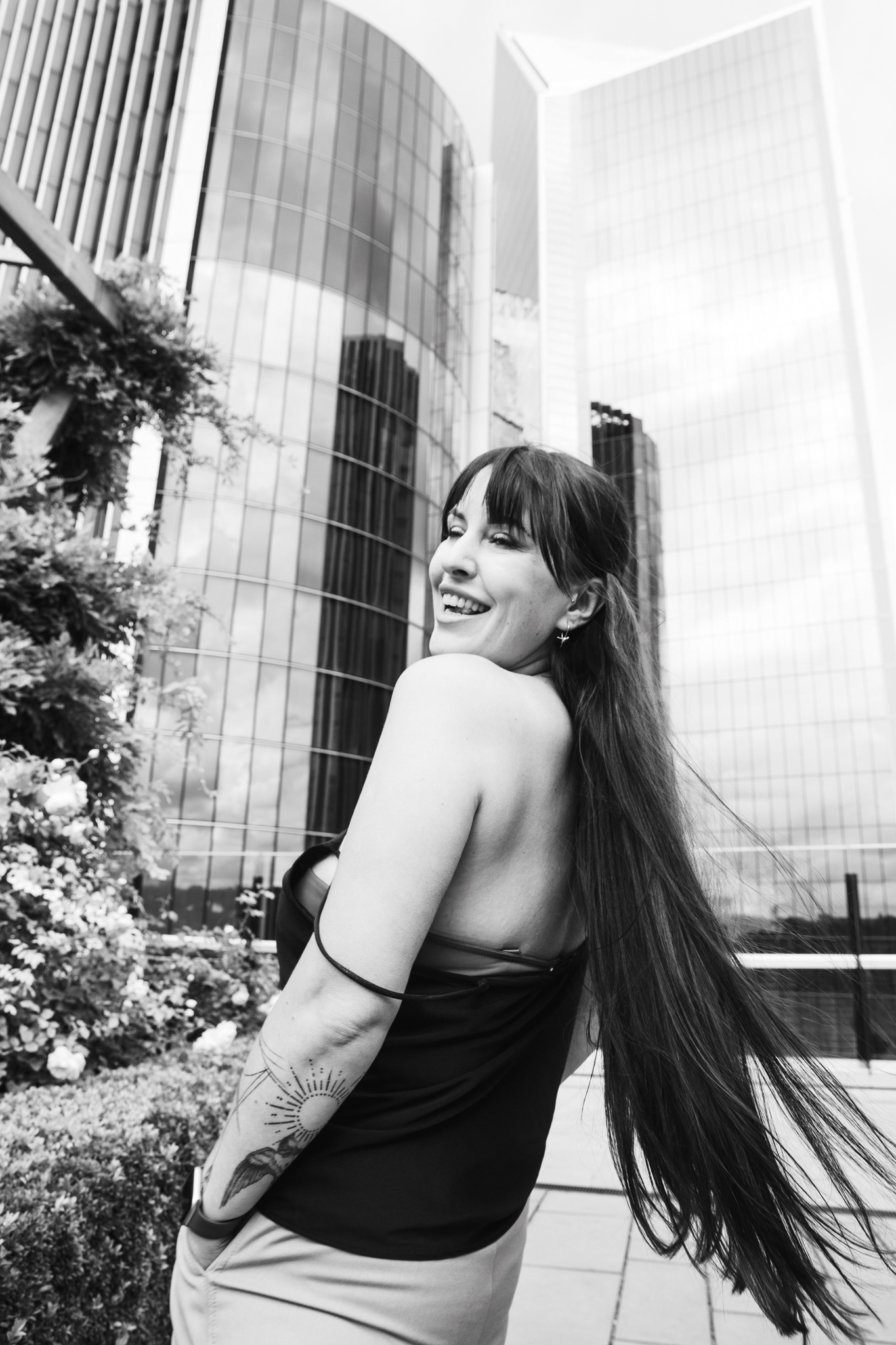
The Architect of a Community
This newfound inner strength allowed her to transform her own pain into a resource for others. Her blog evolved. From simple, helpful tips for new arrivals, it moved to another level—creating a community of like-minded people. "All that practical advice gathered a lot of different people around me. And often, they're not my people... But I want my people, people with shared values. So now I communicate my position more... It's important for me to talk about this, to help them formulate these values."
She transformed from a service-blogger to a values-blogger. This path required courage, including learning to value her work. She recalls how she used to charge £100 for an advertisement, and now she has set her price at £500. "I now consider this a fair price. And I motivate other bloggers... to value their work, their energy." It's not about money; it's about self-respect.
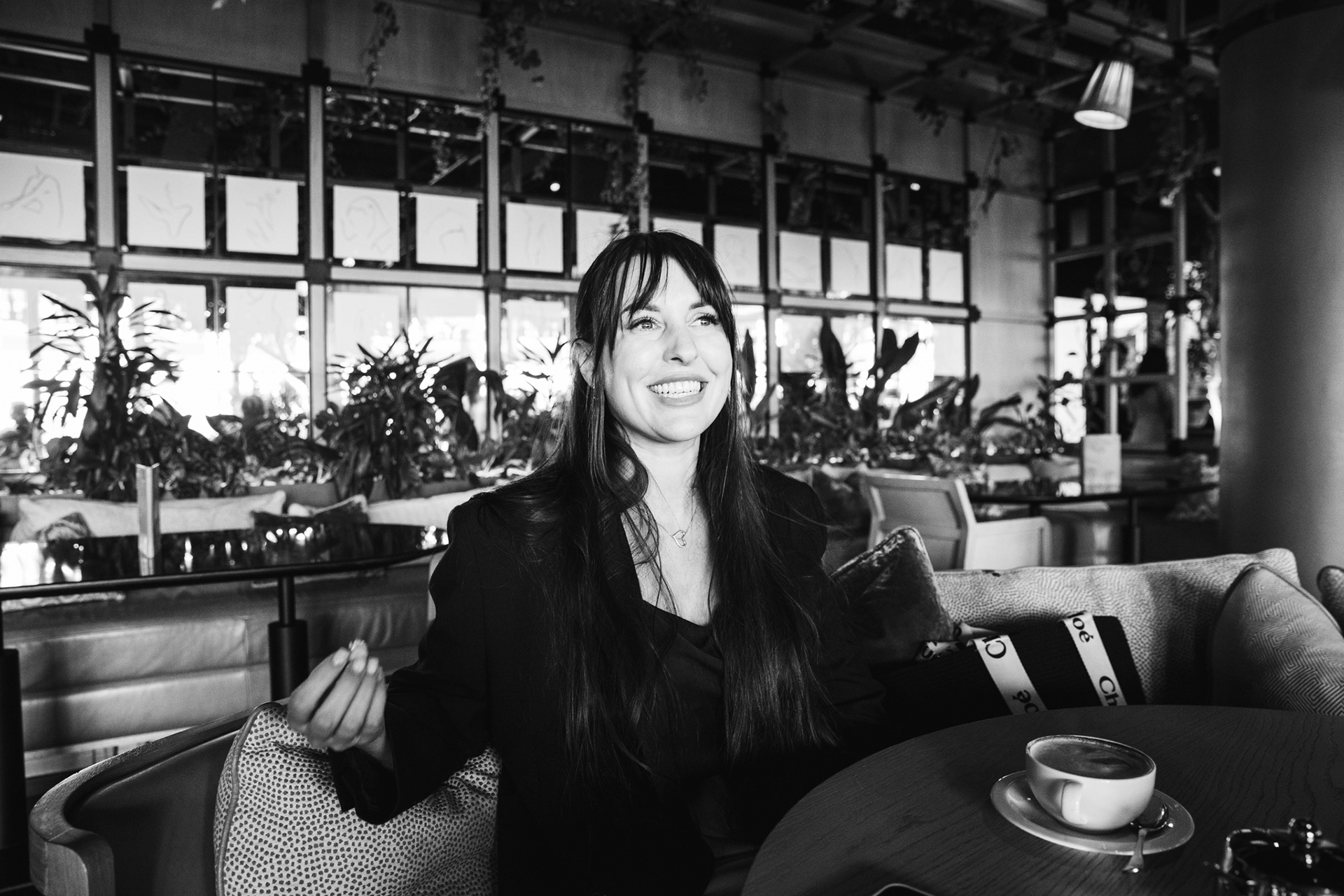
The culmination of her work was creating events for Ukrainians, particularly speed dating. This is not just a business. It's an act of creation, an attempt to stitch together the social ties torn apart by war, to give people back a sense of normality and hope for the future. She talks with childlike excitement about the couples who got together at her evenings: "I almost knocked back a shot to celebrate, it was so emotionally moving, it gave me goosebumps."
Katya Ptashka is a symbol of a generation that the war forced to grow up overnight. Her story is a testament to the fact that strength is born from vulnerability, and resilience is not the absence of scars, but the ability to turn them into a source of light. She fights her battle every day and she is winning, building not only her own life but also the future of a conscious Ukrainian community abroad. Her ultimate goal is ambitious and inspiring: "I want to be part of what helps the Ukrainian diaspora to form... for it to be strong and conscious, and to be written about in history books." Because the future belongs to those who, even in the darkest of times, dare not just to survive, but to create.
